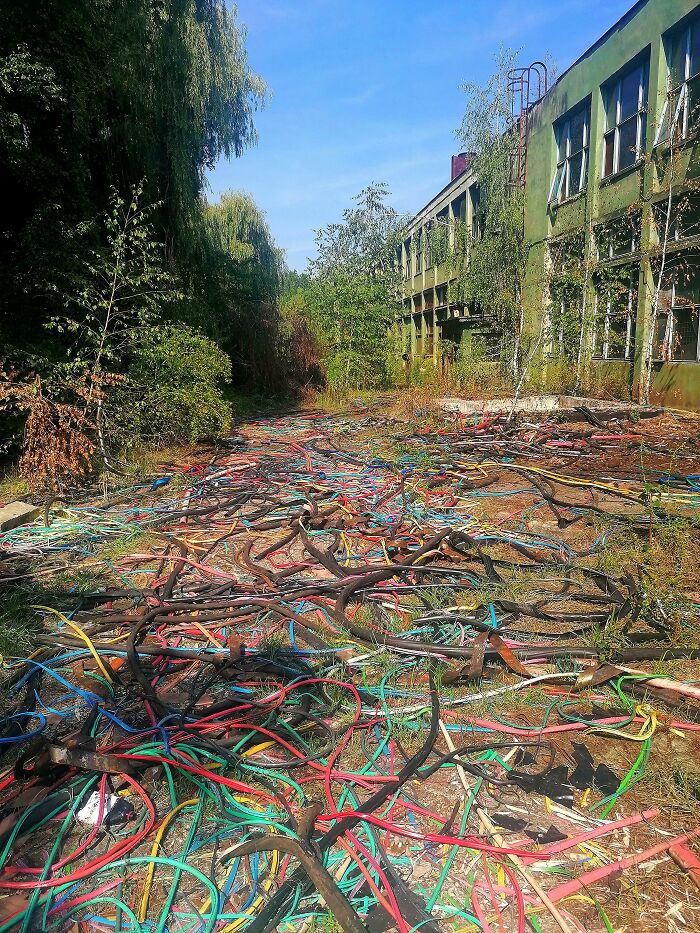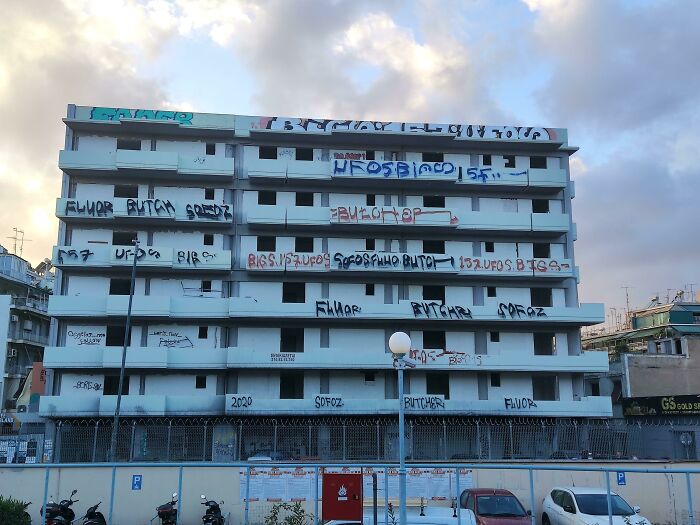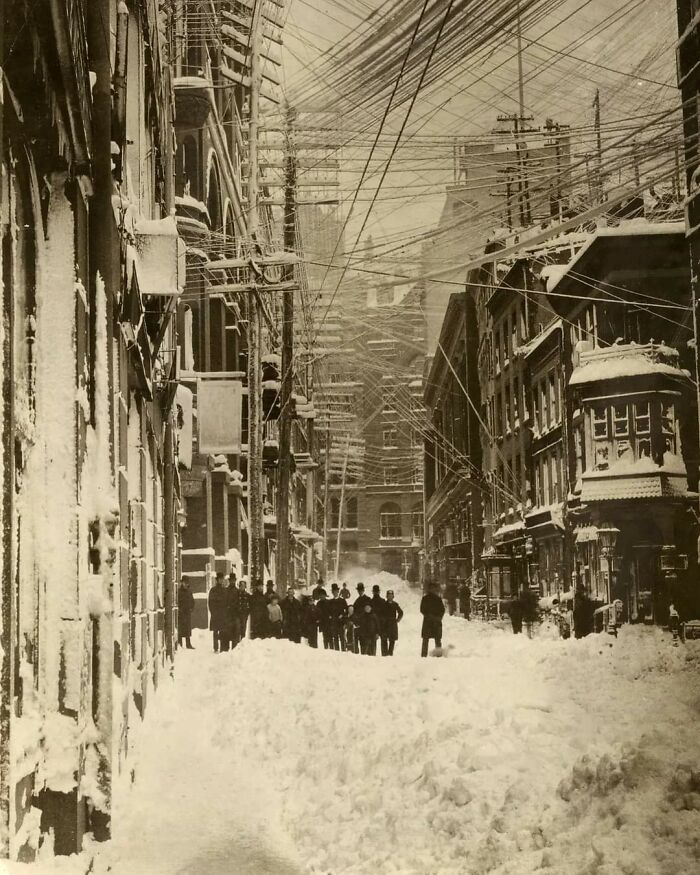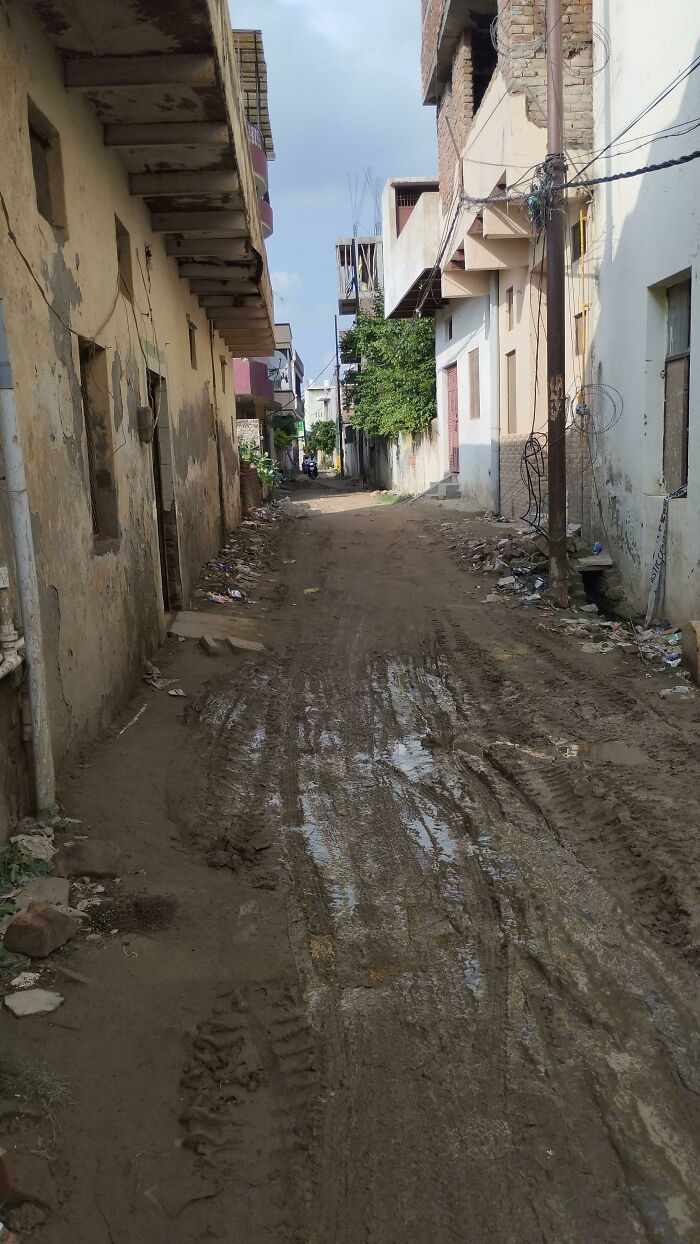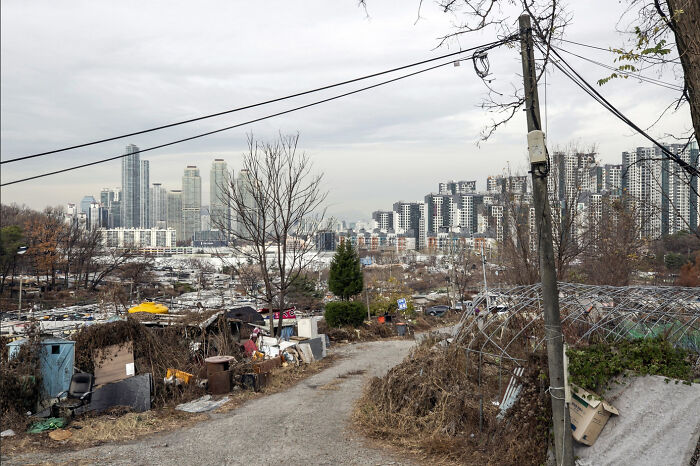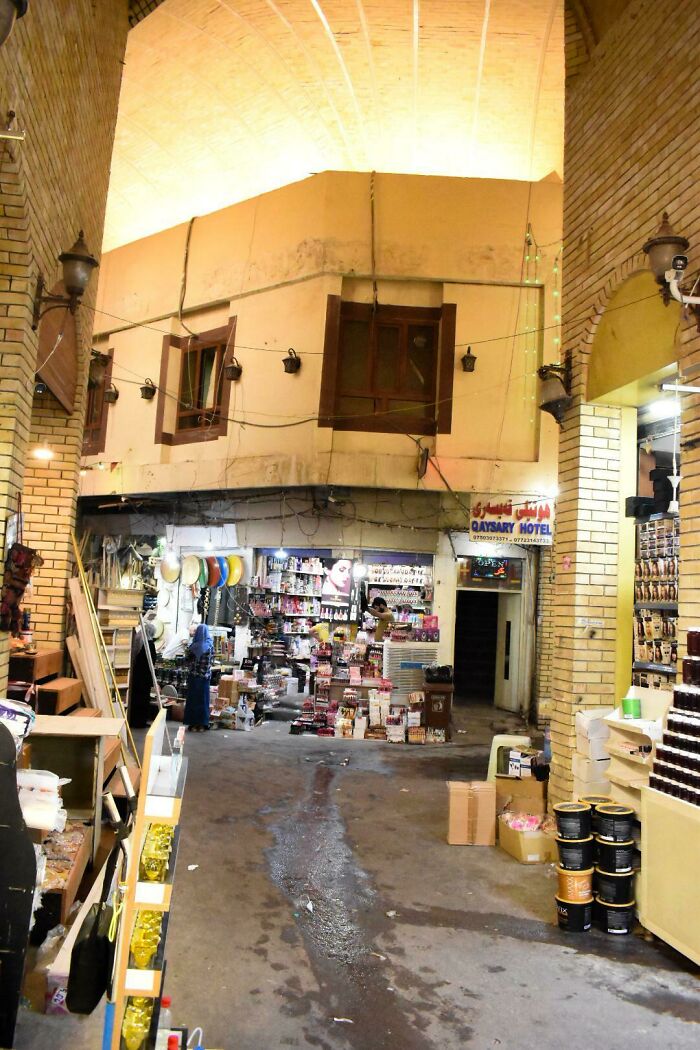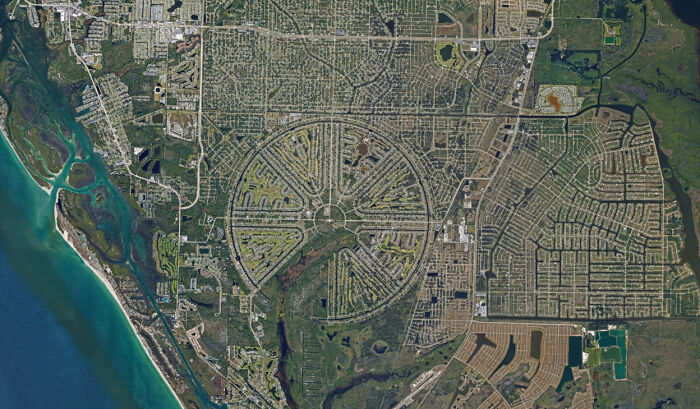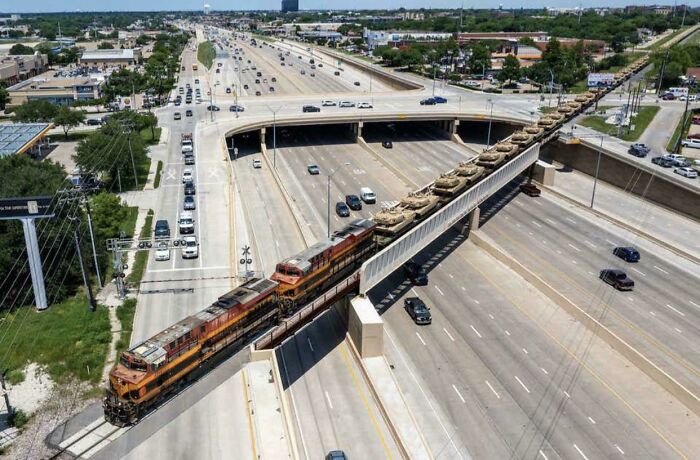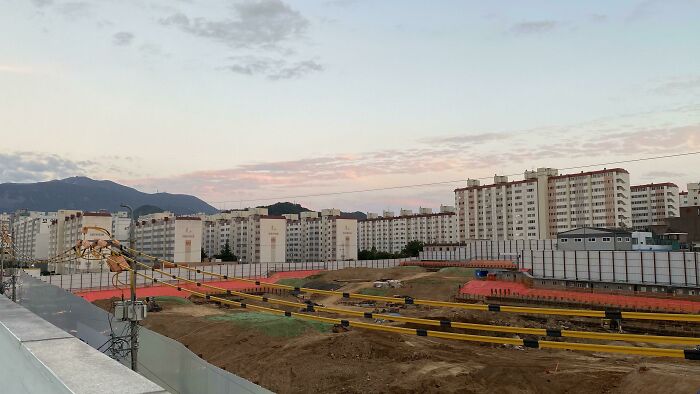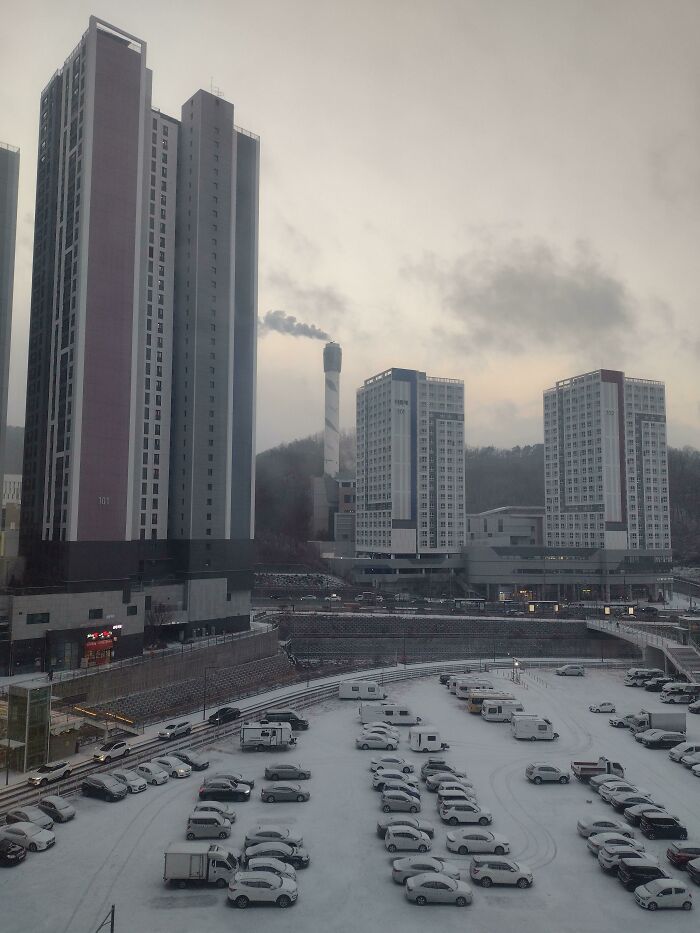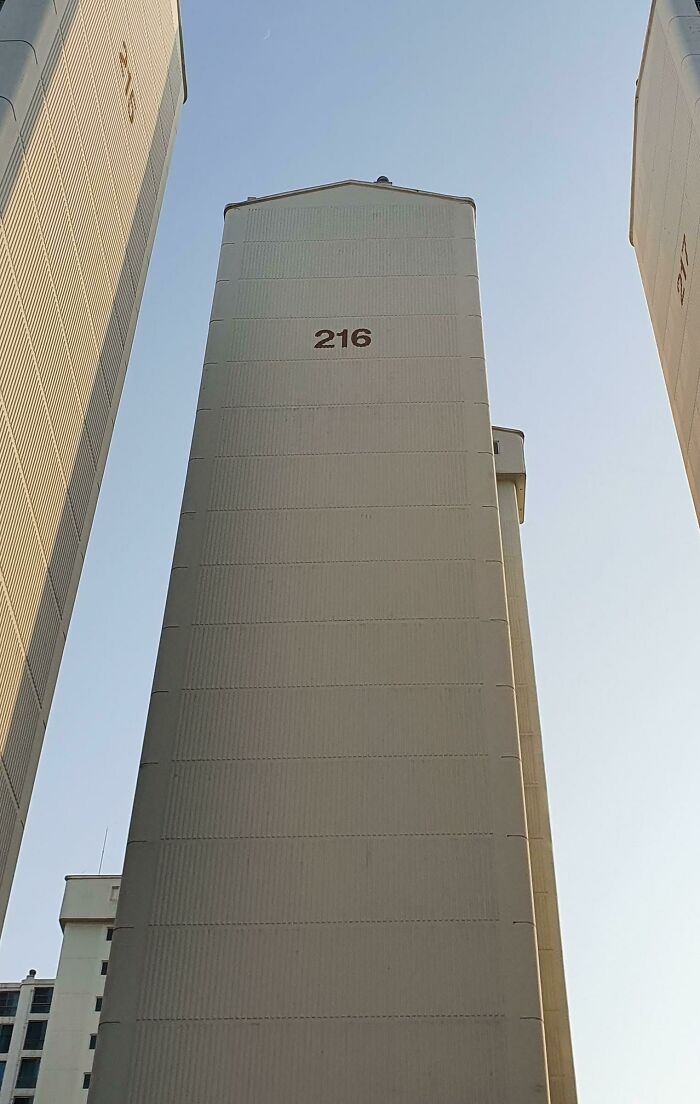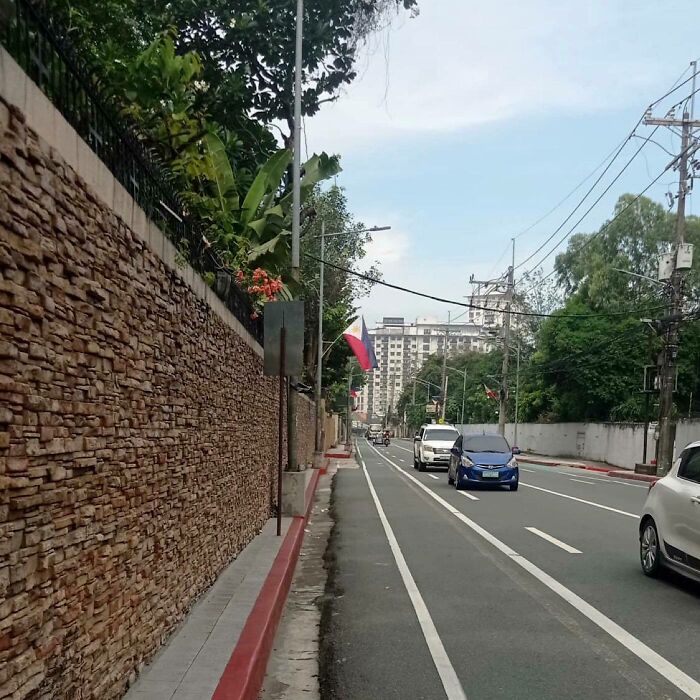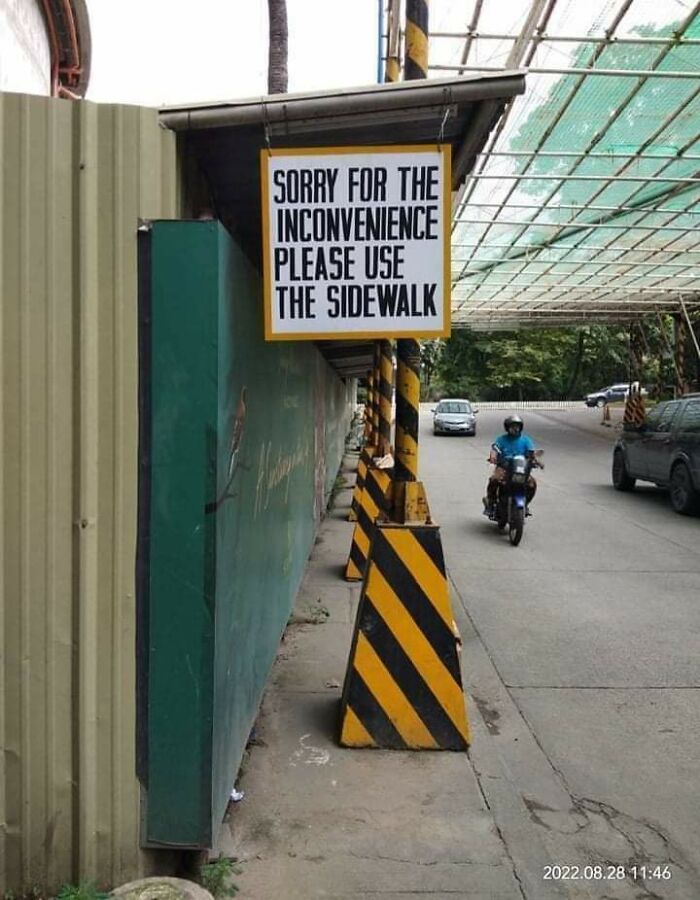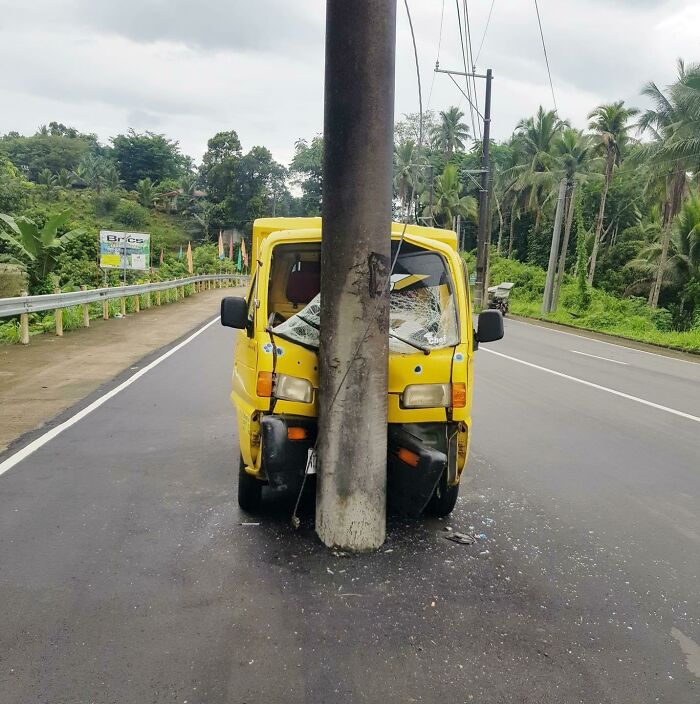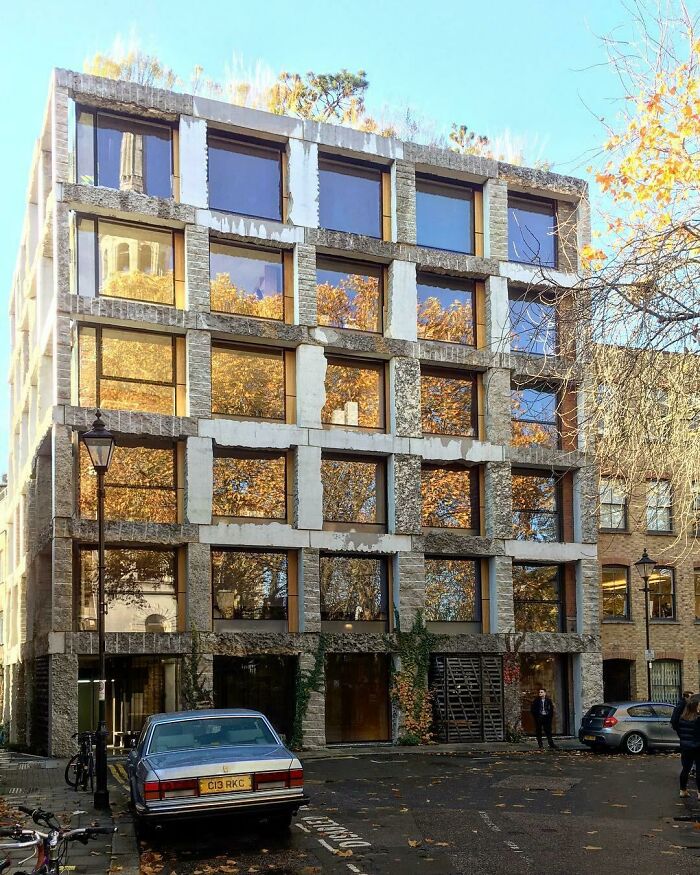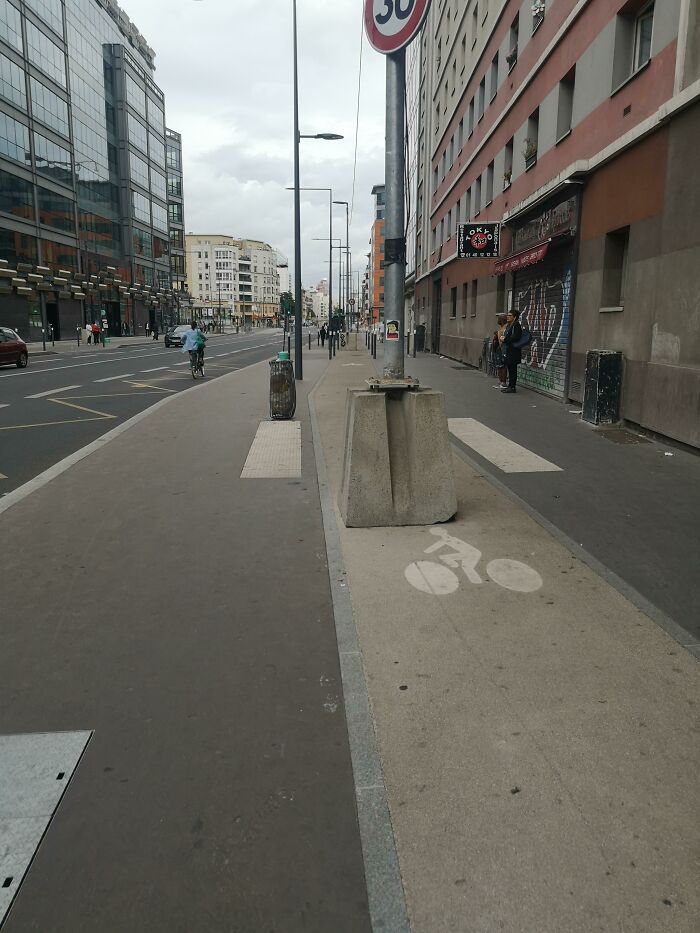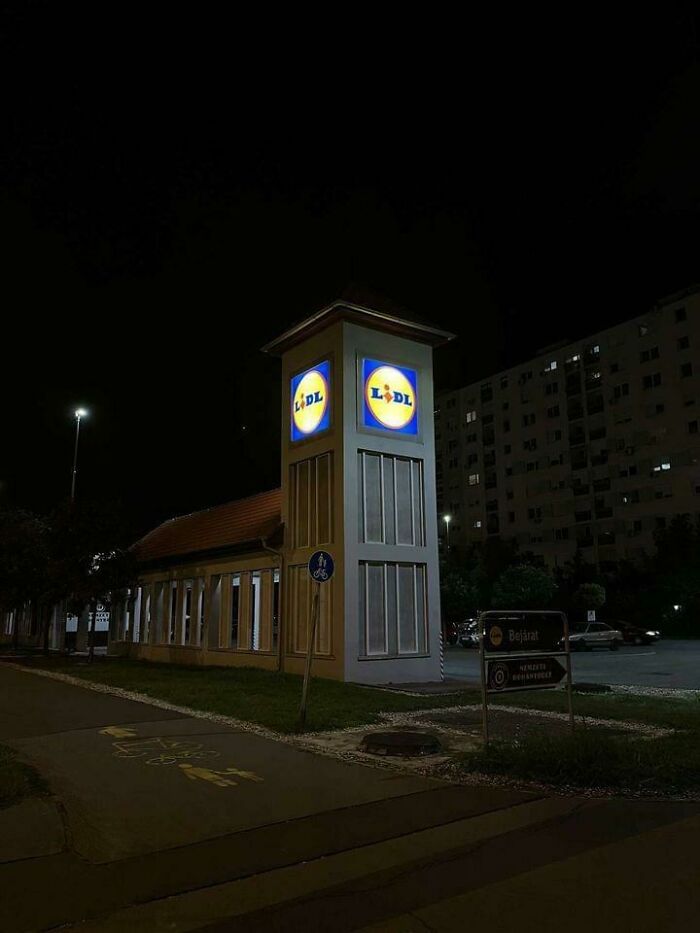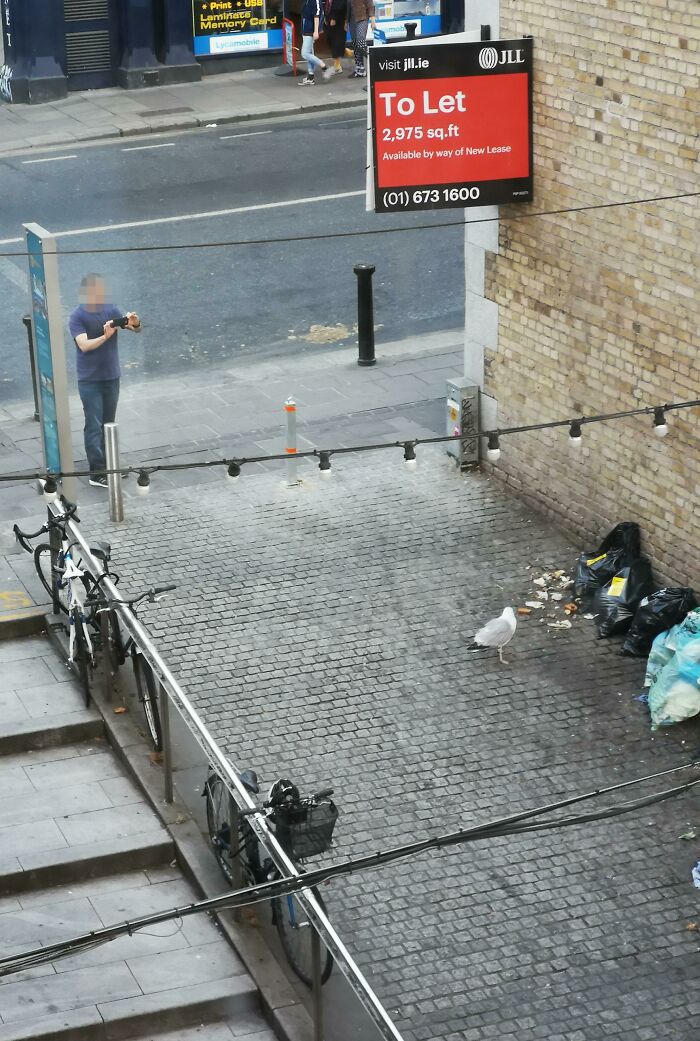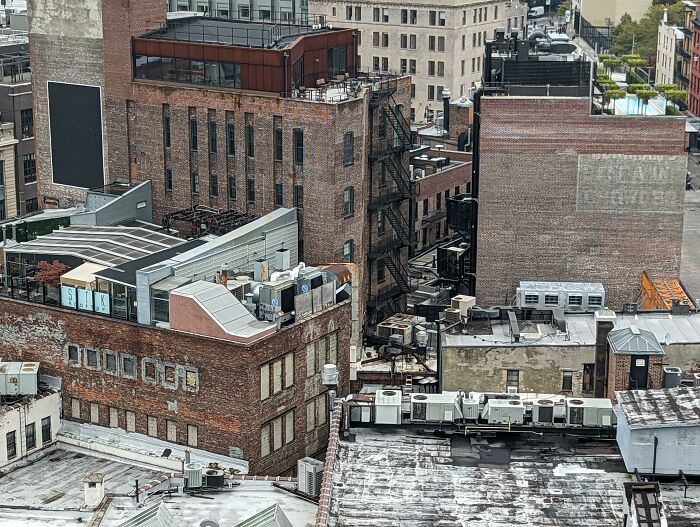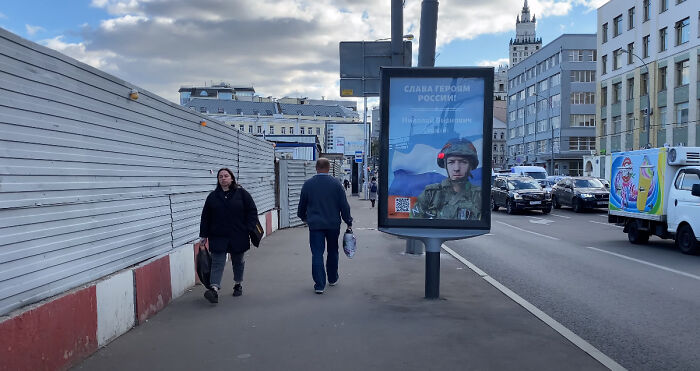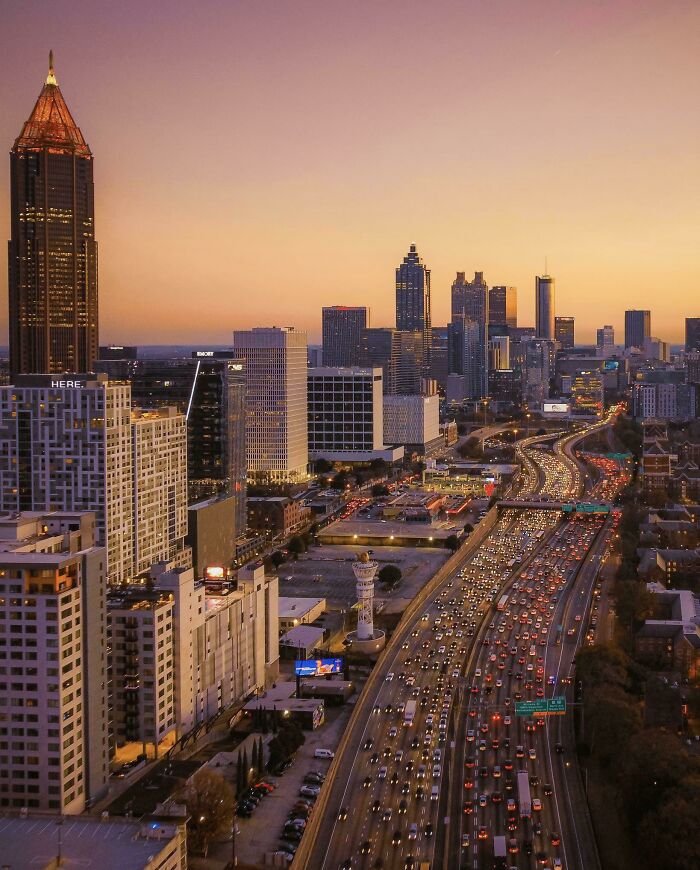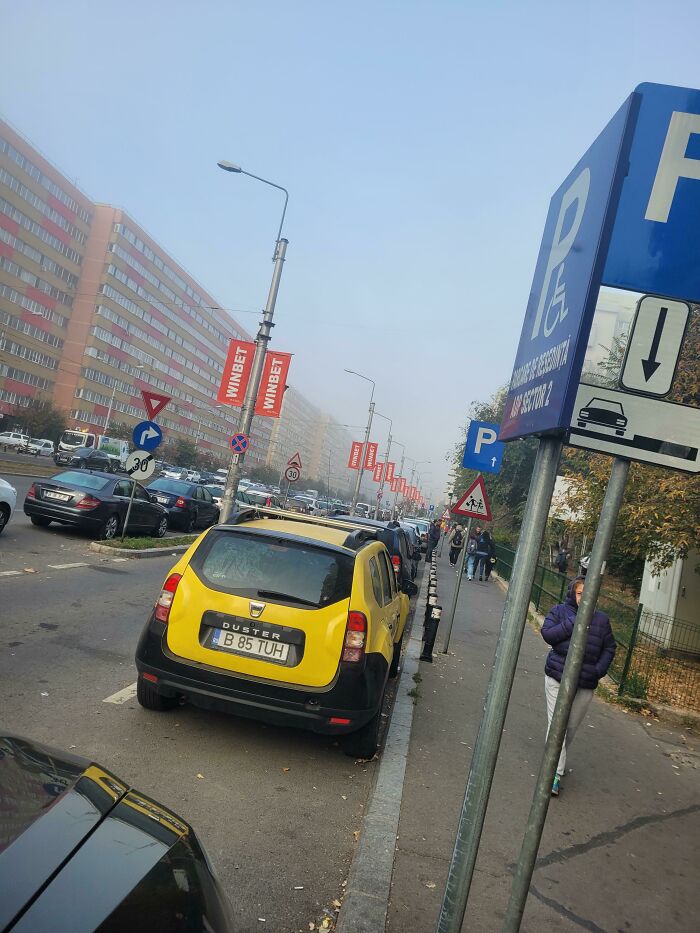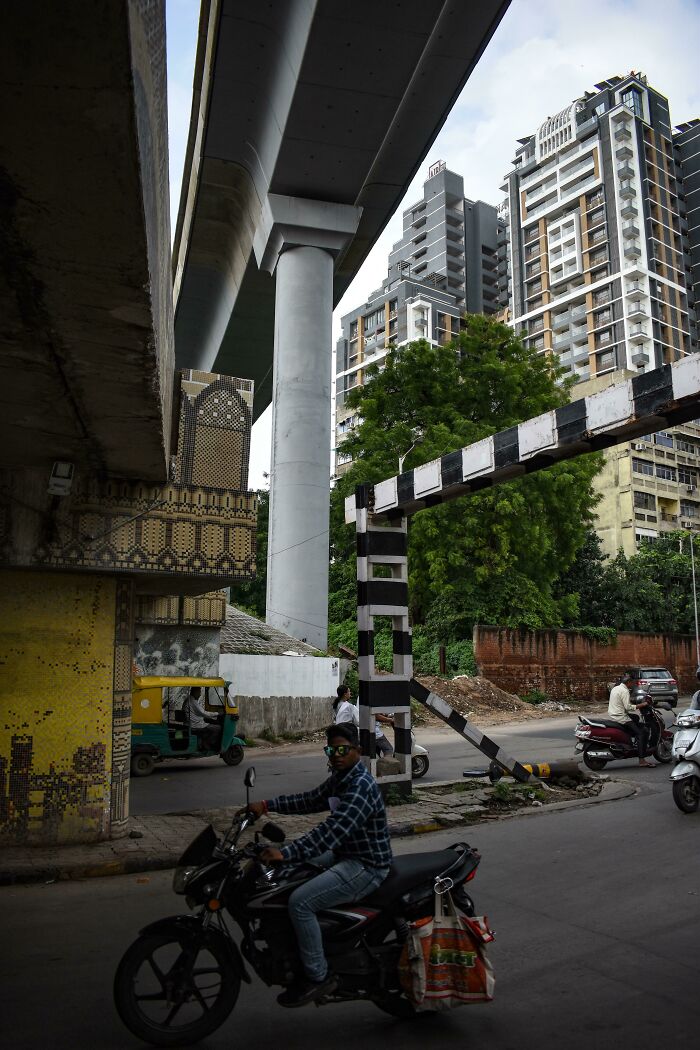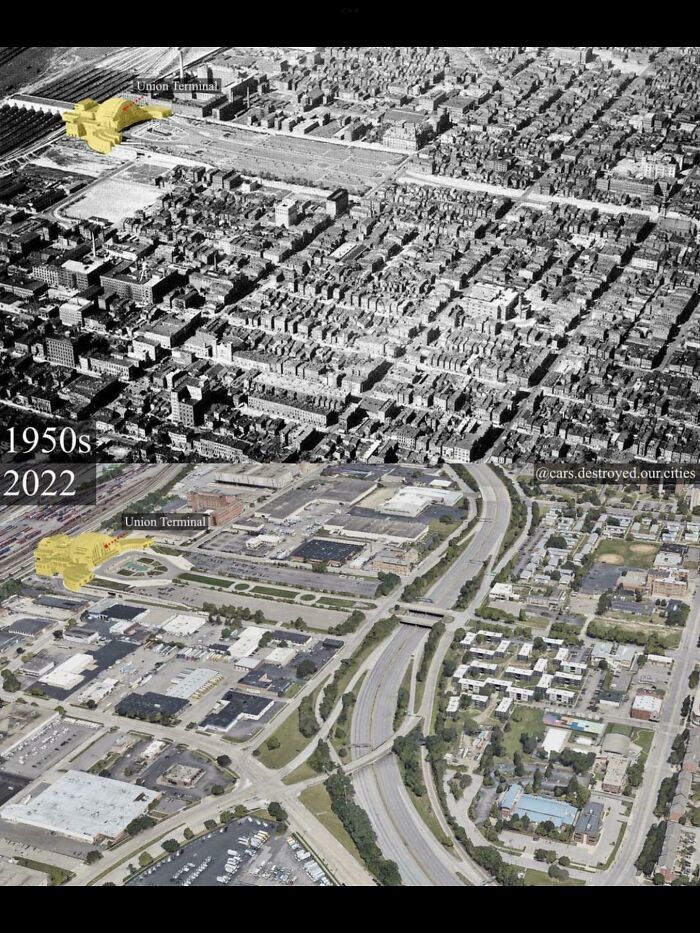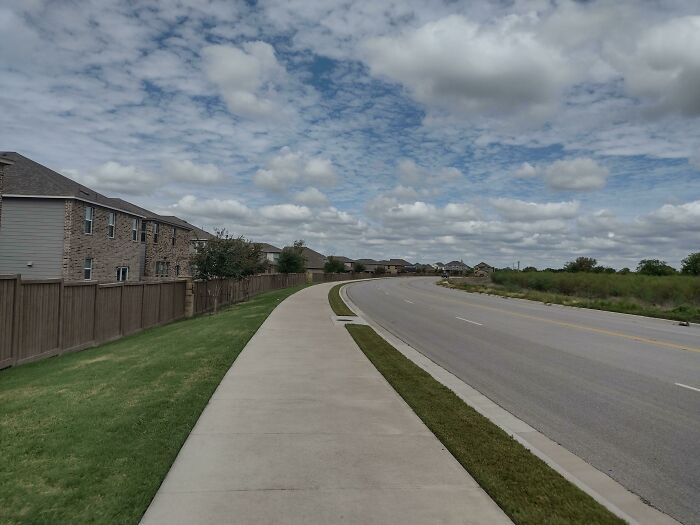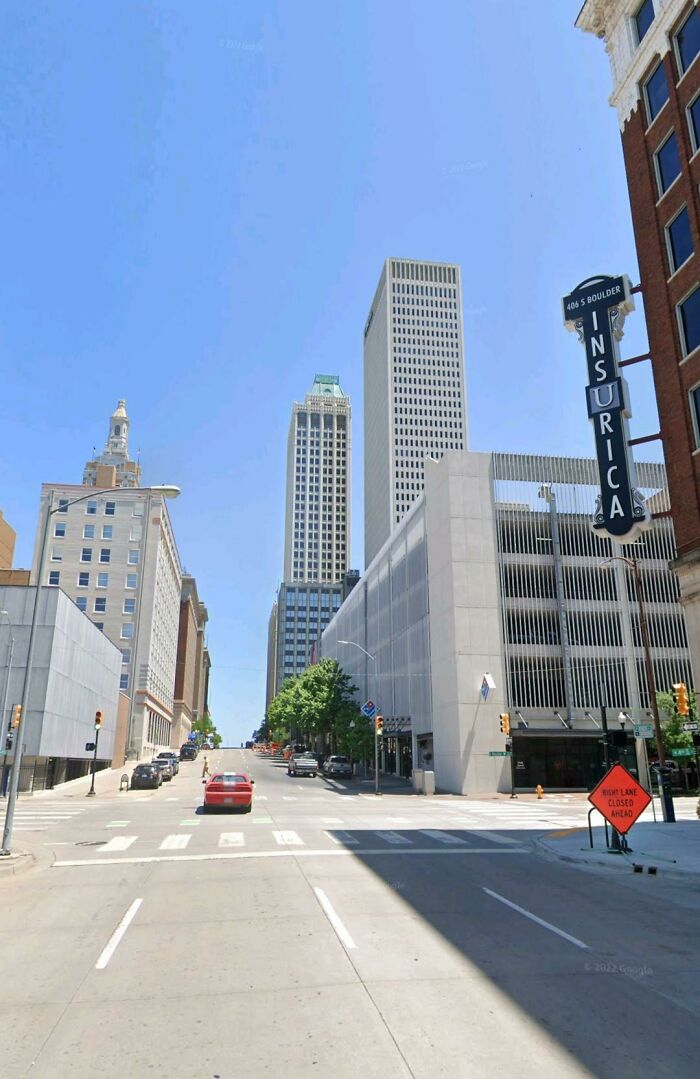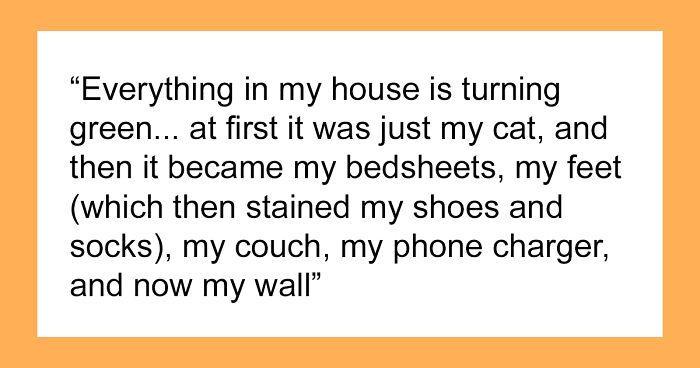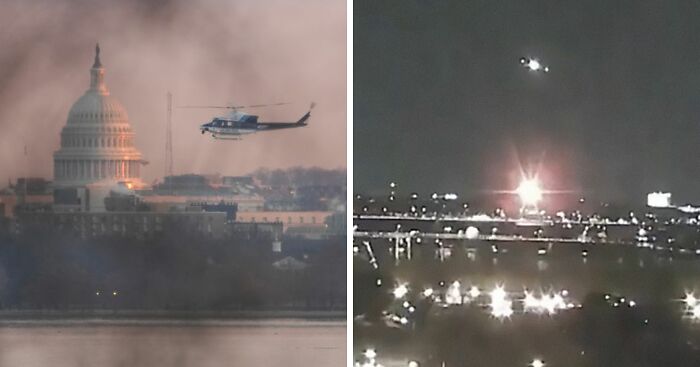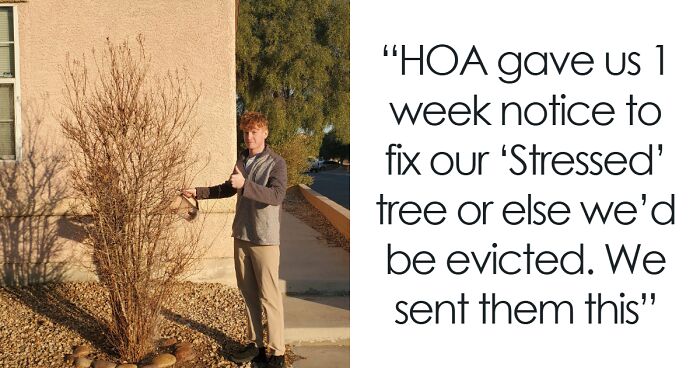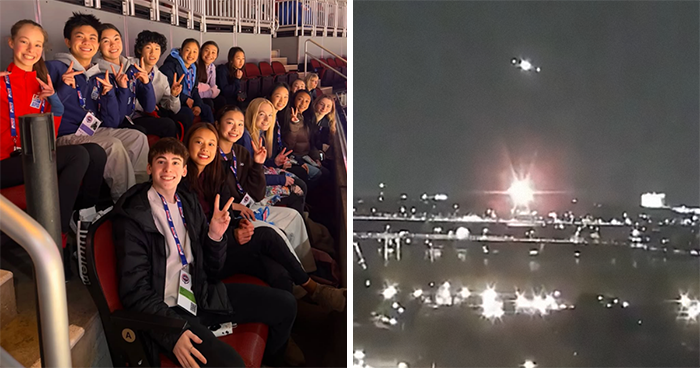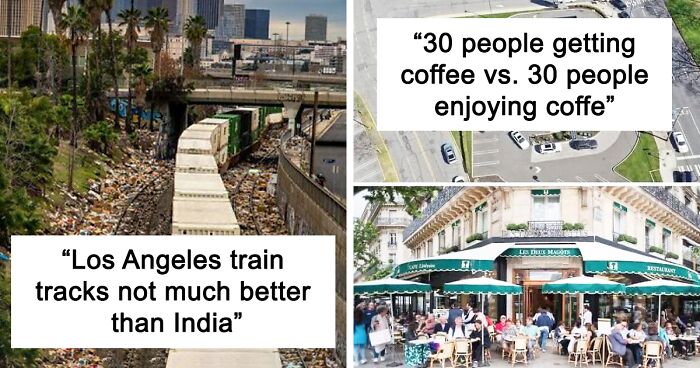
164Kviews
People On This Group Are Sharing Examples Of The ‘Urban Hell’ That Humans Built For Themselves (50 New Pics)
InterviewThink of it, there are 4.4 billion inhabitants, or around 56% of the world's population, living in cities worldwide. Each person of these billions needs not only space but a vast array of resources to function. Then, a level of comfort, well-being and health has to be ensured, which is becoming somewhat of a challenge, to say the least.
In order to see what happens if things go out of control with cities turning into concrete jungles, we’re taking a look at dystopian, yet very real scenarios shared on the corner of Reddit known as “Urban Hell.” This online community is putting to light the dark side of modern development which results in these candid, hard-to-look-at pictures of both urban and suburban landscapes turning into something unrecognizable.
Scroll down through the batch of the newest posts and be sure to share our previous articles from Urban Hell here, here and here.
This post may include affiliate links.
Landlord Puts Up Advertising On Scaffolding Which Blocks All Light And Air
With the worldwide population reaching record highs, you can't help but wonder about the future of modern living. Will there be enough space for everyone? What kind of quality of life will we have? What if the urban landscapes turn into urban hell?
Bored Panda reached out to Dr. Audrey Tang, a chartered psychologist and author of multiple books, including "Be A Great Manager Now", "The Leader's Guide to Mindfulness," and "The Leader's Guide to Resilience” to discuss these worries. Dr. Tang was happy to share some incredible insights into the state of living today and its prospects in the future.
Mumbai, India
30 People Getting Coffee vs. 30 People Enjoying Coffe
Mumbai, India. The Divide Between The Richest People In India vs. One Of The Poorest. Extreme Wealth Inequality On Display
Dr. Tang explained that houses can be classed as “positional goods.” “This is a term used by economists i.e. goods that people value because of what they can convey to others; and there has been research which suggests that people would be happy to have a 'small house in absolute terms, so long as it was bigger than everyone else’s.' (Solnick and Hemenway, 2005 cited by Foye, 2022 in The Conversation).”
However, Dr. Tang argues that having a safe place to live falls within basic human needs (Maslow, 1943). In fact, a study by the Joseph Rowtree Foundation outlined 3 levels of poverty that Dr. Tang quoted: “Income below minimum standard making it difficult to manage the unexpected; Not enough income (where one falls short of a decent standard of living); Destitution (not being able to afford to eat, keep clean, stay warm and dry).”
Residential Block In Hong Kong
I’m sure I stayed here when i was 5. The buildings were so tall that I was afraid of trying to escape during a fire
View From My Hotel - Tangshan China, Birth Of The Chinese Coal Industry!
Vegas, Minus The Neon Glow
According to the best-selling author and spokesperson, many of the places where people currently live fall below that. “Take the example of Hong Kong ‘coffin homes.’ The government calls them ‘bedspace apartments’ – in other words, there is space for a bed. They are legal, although you need a license, and they are not seen as an answer to the housing and cost of living crisis (Hong Kong is one of the most expensive cities in the world), but rather a ‘stop gap’ as people wait for housing,” Dr. Tang explained.
Dr. Tang argues that therein lies two immediate problems: “first, it is not a solution, although it is easy to believe it is; and second, one might say ‘at least they have a roof.’”
Meanwhile, many journalists have investigated the living conditions in coffin homes, “sometimes contributing to what some call ‘poverty porn’ because of the ‘shock value’ of the imagery, but those who have taken the time to speak with residents will hear how they ‘feel forgotten’ or for some of the seniors, it’s simply ‘wanting to die,’” Dr. Tang explained.
Los Angeles Train Tracks Not Much Better Than India
This was due to thieves opening the train cars and stealing the packages (and leaving the empty boxes). I thought they solved this problem last year?
I See Your Sliding Puzzle Going Wrong And I Raise You Sao Paulo!
Cherepovets, Russia
It brings up another issue and relates to her first point about “positional goods”. “When someone lives in space that is not adequate for their needs, there is a huge judgment and stigma placed around them, made worse if they feel the very nature of a ‘semi solution’ (i.e. ‘at least they have a roof’) is simply a way of being able to sweep the issue under the carpet… a carpet which they do not possess,” Dr. Tang argues.
According to the author, too often – “and this is a bit of an issue in psychology,” she adds – what was a temporary ‘stop gap’ becomes acceptable, and the real problem is overlooked… “Where this plays out in psychology is when organizations or schools have or bring in psychologists to run sessions or see people and no one feels the need to address the root of the toxicity because – there’s a psychologist!”
This Is The Longest Traffic Jam Ever Recorded. The China National Highway 110 Was Clogged Up For 100 Kms For 10 Days
A Train Engine Passing Through The Bandra Station Tracks Of Mumbai, India
Los Angeles
Dr. Tang told Bored Panda that she started the discussion with this “somewhat political point because we need to recognize that it is not just the effect of the environment at play – human nature, behavior, and stigma will also contribute to wellbeing.” She also argues that there are things that WE CAN do to make a difference, but this requires society to take steps.
Urban Hell In The Making
Calcutta
something about these pictures of huge slowly decaying apartment buildings somewhat terrifies me.
Three Socioeconomic Classes In The Philippines
Moreover, Dr. Tang noted that we need to make the distinction between a ‘small home’ and a tiny area in which a person has no choice but to live out of poverty. The first one “has access to green space, modern amenities, privacy, and is laid out comfortably for the professional who will often spend their time out of it, or can still afford what the lack of space may hinder.”
And the second refers to “the person who has no choice but to live in a tiny area, with unclean facilities that are shared, little soundproofing, and the reason they are there is because that is all they can afford… and society can see that.”
“We go on holiday and ‘live’ comfortably in our hotel rooms, we camp in less and many of us will have spent time in halls of residence at university,” Dr. Tang said. Yet, she reminds us that we need to remember one thing: “while during those times perhaps we did complain a little about the lack of privacy or the noise, we may always have known that this was temporary and we could afford to go out for the space we needed rather than thinking ‘This is all I’ve got’… and that’s after working in often just as cramped conditions for pay that only affords you that house.” She added that it is a really different situation.
Phayathai, Bangkok, Thailand
i can’t begin to imagine the chaos that would ensue if those were to fall.
American Cookie Cutter Suburb: Autocentric, Boring, Dystopian, Void Of Soul, Void Of Culture, Void Of Happiness
Slums Of Manila
Dr. Tang worked with award-winning master planners who design communities, such as John Goldwyn and Alexandra Steed. “Both have voiced their concerns on modern development from within their field,” the award-winning author said.
She recounted how “Alexandra Steed discussed a project in Essex where ‘...there used to be 30000 hectares of marshland on the edge of the Thames Estuary which protected the land from North Sea storms and surges of water which would hammer the land.’ But people perceived these as wasteland - it was filled with waste, and these marshlands that were efficient at capturing and storing carbon, and home to thousands of creatures with such value - they were squandered.’”
Dhaka Bangladesh
"Progress" Is Not Always A Good Thing
Beach Life In Karachi
Meanwhile, John Goldwyn gives the example of Dubai, where “...to maintain the coastline the sea needs to be dredged on a frighteningly frequent basis. This is the opposite to resilient design."
Dr. Tang explained that “all this is because of a cacophony of money and ego and to some extent - speed/desperation which leads to 'quick fixes'! Both Alexandra and John continue to promote the importance of understanding the landscape and basing developments on that - which would also help when it comes to protecting nature and doing much to address some of the broader environmental issues - and yet governments do not always seek advice from the very people who can actually help them help others.”
Severe Pollution In Delhi NCR, Pictures From Today And September 2022
Alleyway In India
Venice Beach California Homeless Encampment
Portland, Oregon looks like this too. As does a city on the coast. Awful
According to the award-winning author, we need to be working in a multi-disciplinary manner, “by seeking input from people who know the environment and who plan resilient cities and communities as their day job(!) - not just for sustainability, but ultimately for survival.”
Having said that, Dr. Tang fears that if we do not take time to listen or take advice because we haven't planned for it, there will be tragic consequences. “We will continue to hide behind the idea of things being ‘unprecedented,’ mobilizing only at the point of crisis and using a ‘quick fix’ - when we could take steps now to build communities later 'where every organism can thrive' (Goldwyn) - and instead panic when the time comes and do things too quickly to put a sticking plaster over the cracks.”
Dr. Tang calls this “short sighted, ego-driven behavior.” And it’s not just going to affect the environment and our wellbeing, but life as a whole. “Is our lifestyle going to become as disposable as single-use plastics - because that's what it looks like to me, and we all know what single-use plastics do!”
Gurugram, India. Aqi Over 400 Because Of Farm Fires
i’m just thinking about how bad that’s going to be for both human’s and animals lungs.. my god
Mumbai (Bombay)
Dubai, Uae. 1985 vs. 2016
Falling Asleep, Bangladesh. A Large Number Of Homeless People In Dhaka, Bangladesh Have Lost Their Property Due To Natural Disasters. For Them, An Asphalt Street Is The Best They Can Hope For, Otherwise They Have To Sleep On Plastic Trash
Was Talking To My Wife About Bakersfield, Ca And Did A Google Image Search...holy Hell
A Playground In Tokyo
The fence in the back looks like the last kid managed to escape succesfully
Even The Ocean Can Be Hell
Pyongyang (North Korea) In 1992, Two Years Before A Famine That Killed Up To 15% Of The Country's Population
Singapore
This sucks, but there are some jaw dropping sites in Singapore though.
Somewhere In North Korea
Taroconte, Canary Islands, Spain
TBH this seems like a really innovative way to save space and doesn't look that bad compared to others on this list.
Penchala Interchange, Kuala Lumpur (Repost)
Cairo, Egypt - Wonderful City With Terrible Air Pollution
Newly Built Kid's Playground In Trebišov, Slovakia
Driving To Huaguoyuan, Guiyang, China
I know these buildings from Sim City and it was always a clear sign "Your town has some serious problems"
Portland, Oregon
Alexandria Egypt
Concrete Island, Hashima, Japan
Being The Most Sparsely Populated Country In The World But Still Building Concrete Jungle Ulaanbaatar, Mongolia
Identical Single-Family Mcmansions
North Korea, Keasong
That's quite the opposite of Sao Paulo - can't decide which road I'd prefer
Tong Lau, Hong Kong
Is It Considered An Urban Hell?
Ulaanbaatar, Mongolia - More Than 60% Of The Population Do Not Have Plumbing. Instead Rely On Outhouse Toilets & Communal Wells For Fresh Water. Hardly Any Paved Roads With Stray Dogs Lurking Around
Just got back from overseas, and found that the urban hellscape there considerred "average" is what the US would think of as LA's worst. Sooooo..... Be grateful for what you have, but don't scorn the people who live in these places. They'd like better, too. It's not always as easy as "make a wish".
Wait!, you were in the area and you didn't pop by ? ;) I agree, we are very lucky.
Load More Replies...Just got back from overseas, and found that the urban hellscape there considerred "average" is what the US would think of as LA's worst. Sooooo..... Be grateful for what you have, but don't scorn the people who live in these places. They'd like better, too. It's not always as easy as "make a wish".
Wait!, you were in the area and you didn't pop by ? ;) I agree, we are very lucky.
Load More Replies...
 Dark Mode
Dark Mode 

 No fees, cancel anytime
No fees, cancel anytime 


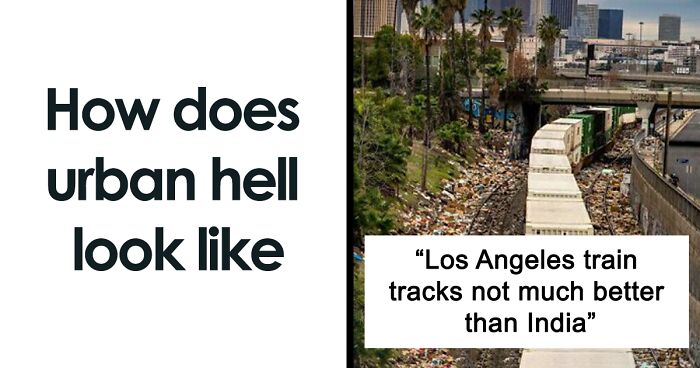

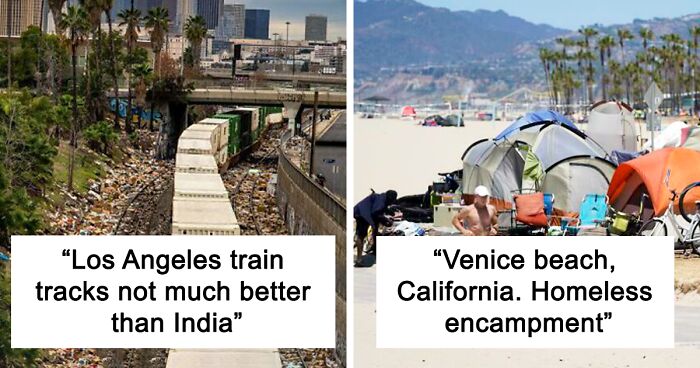
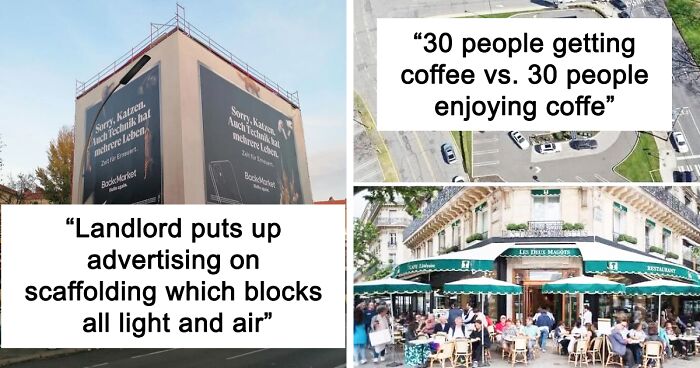

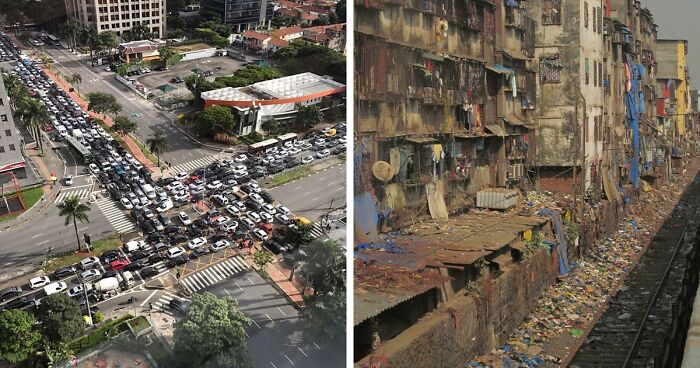
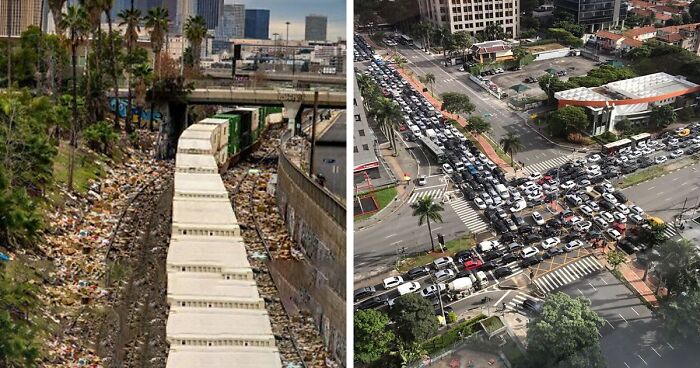


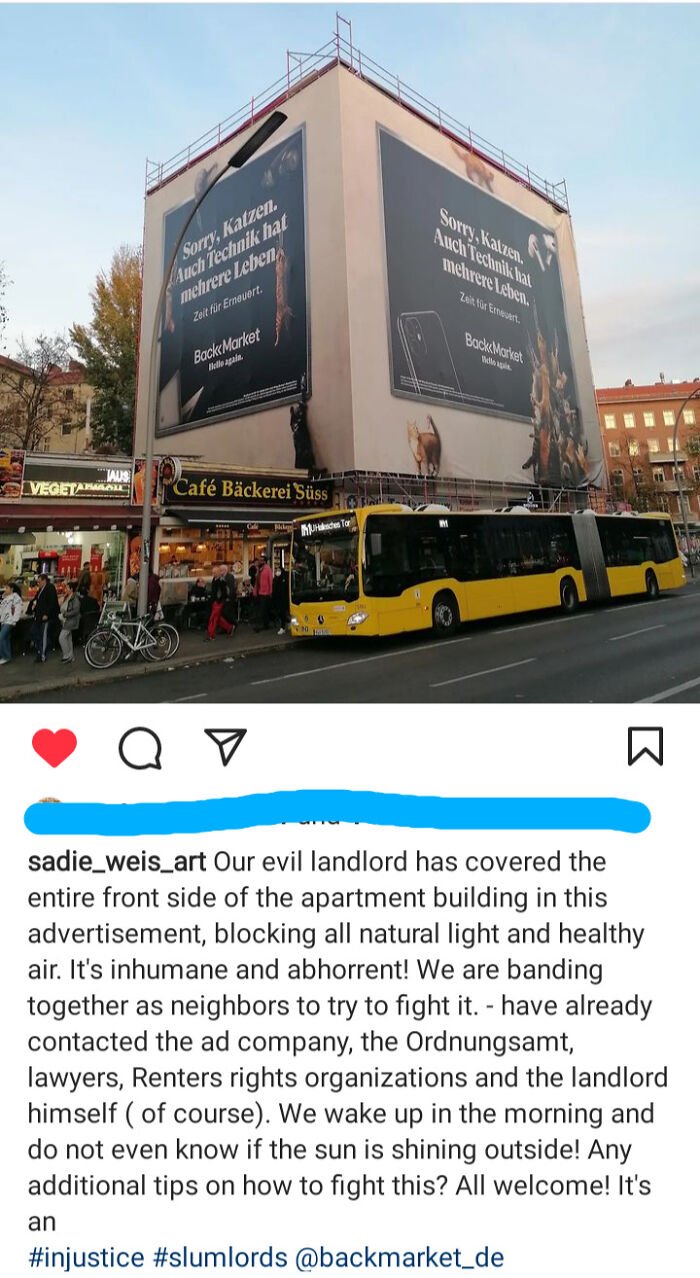

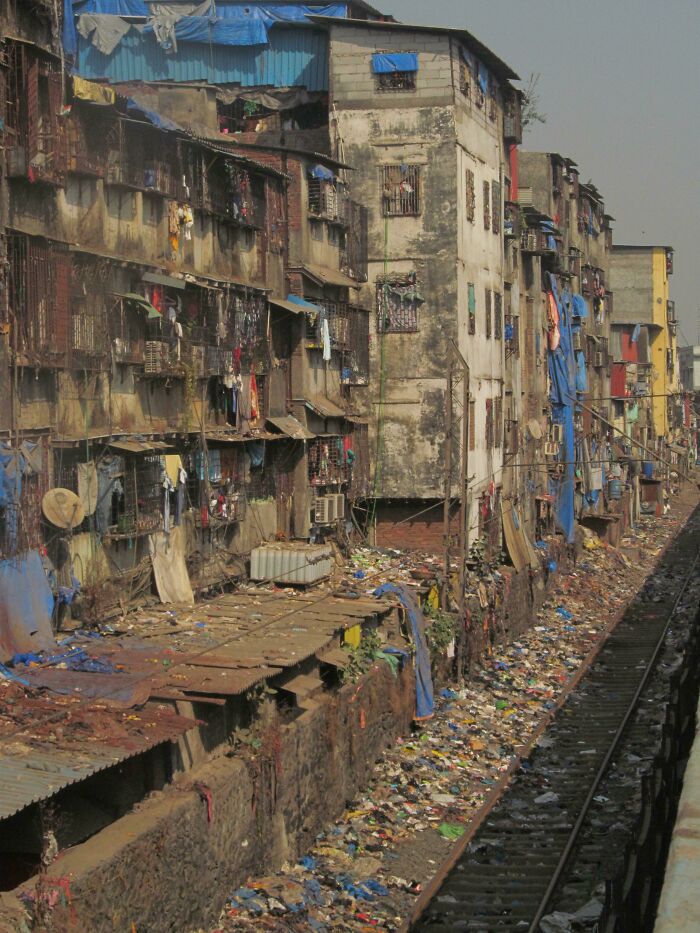
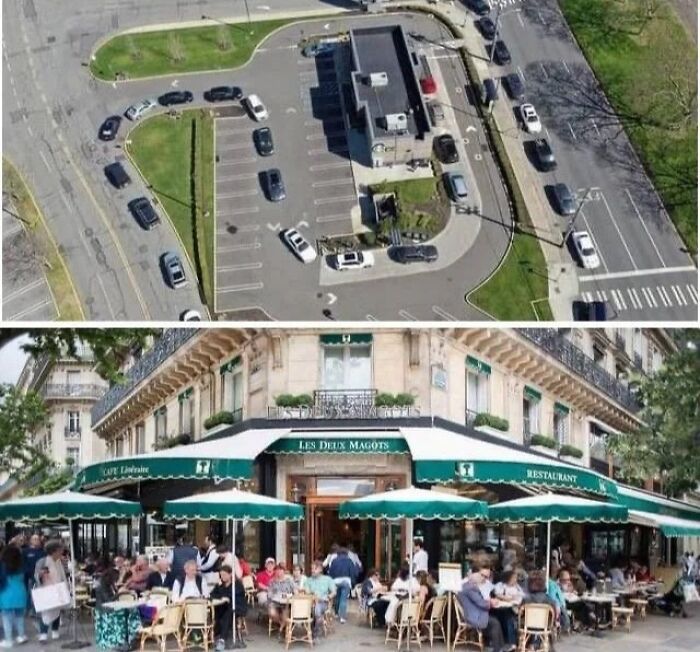
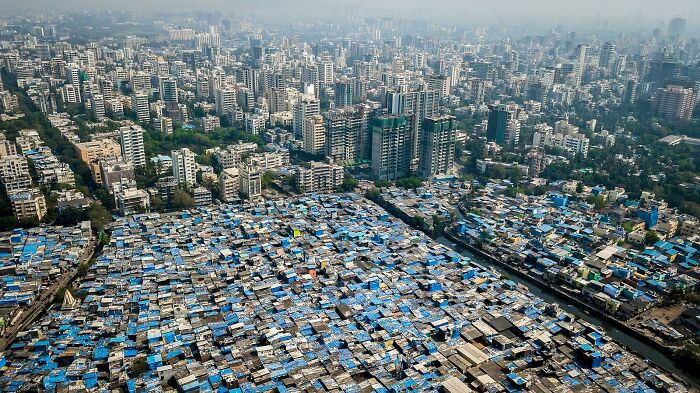
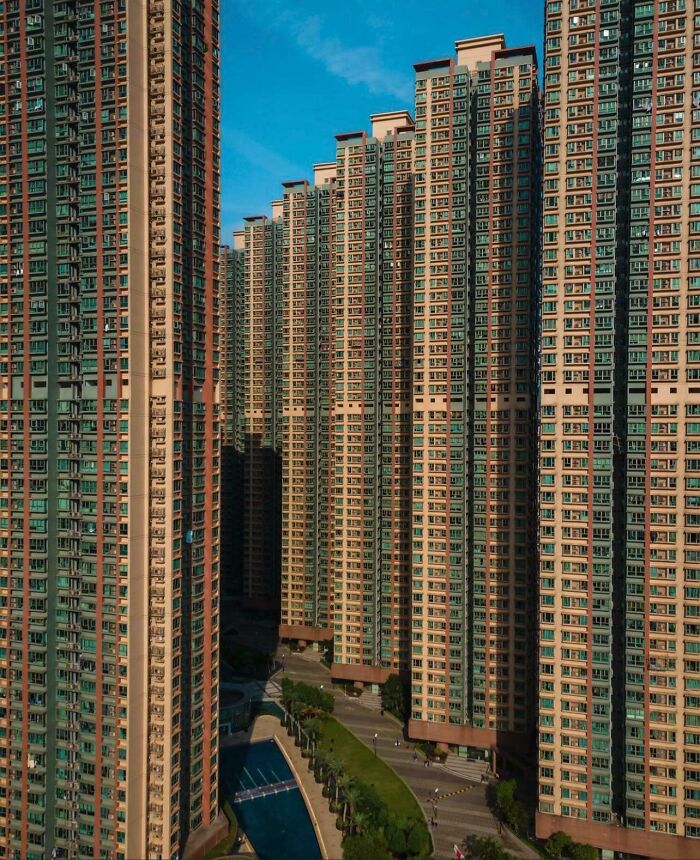
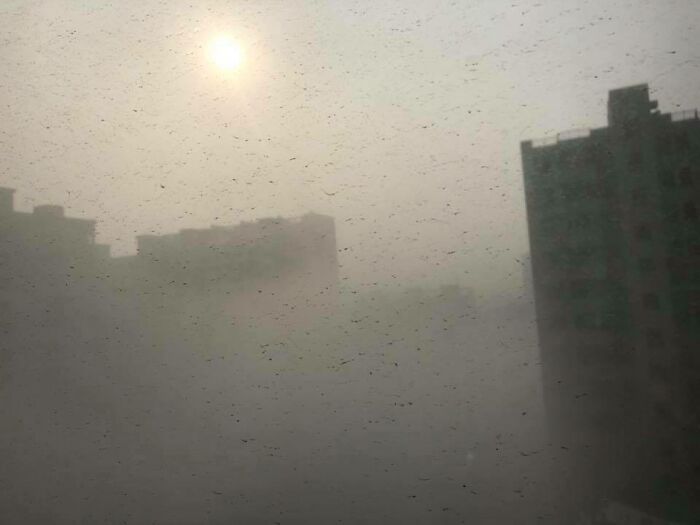
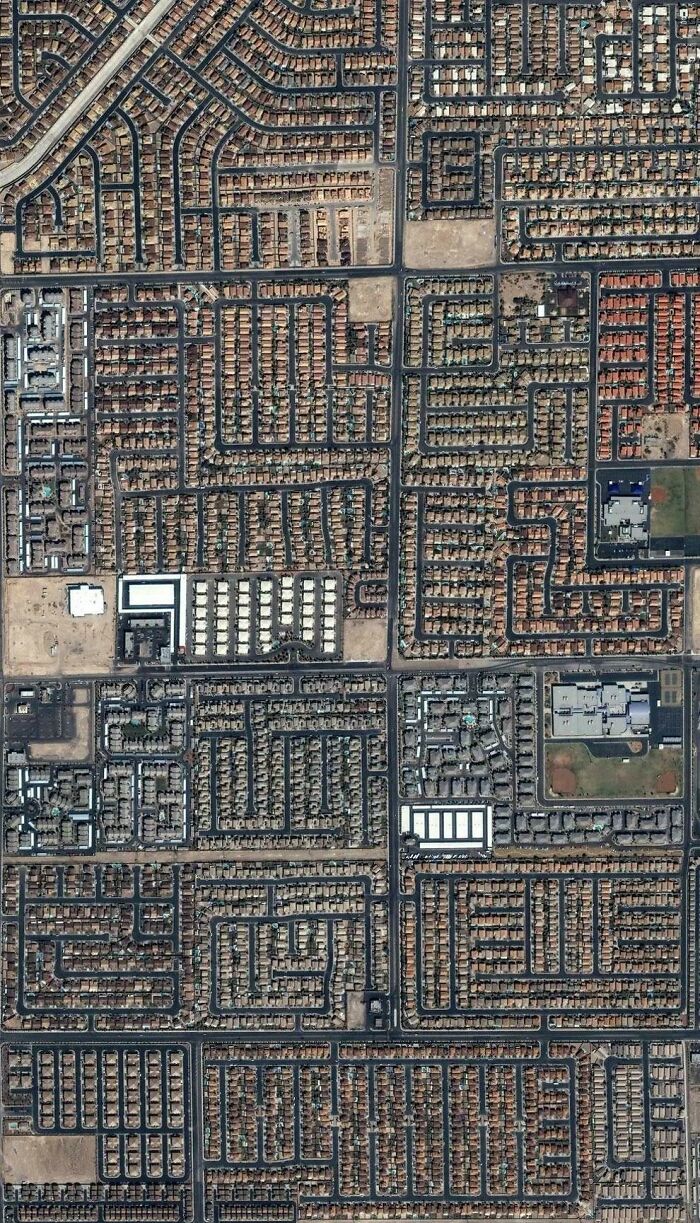
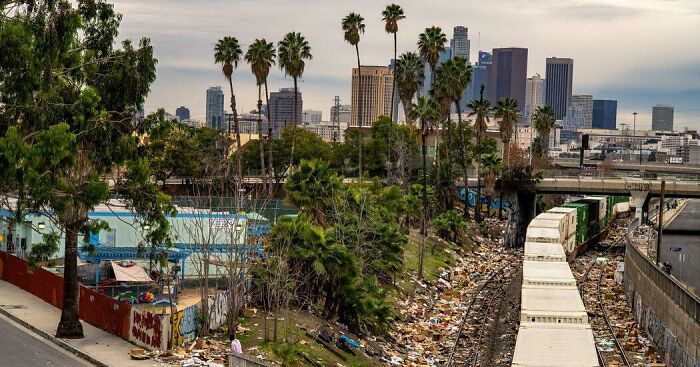
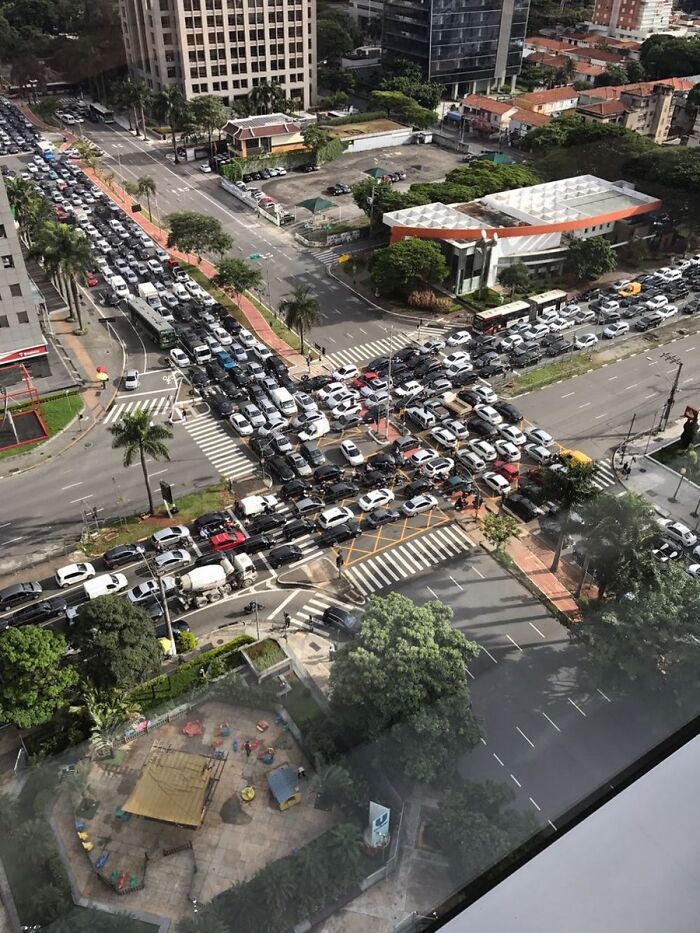
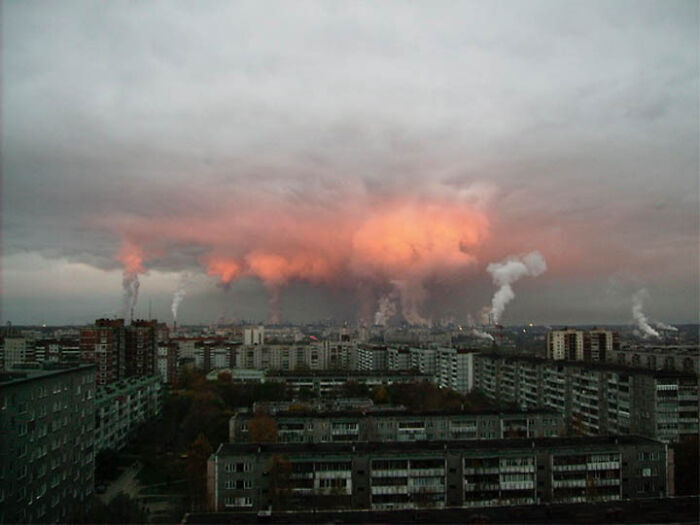
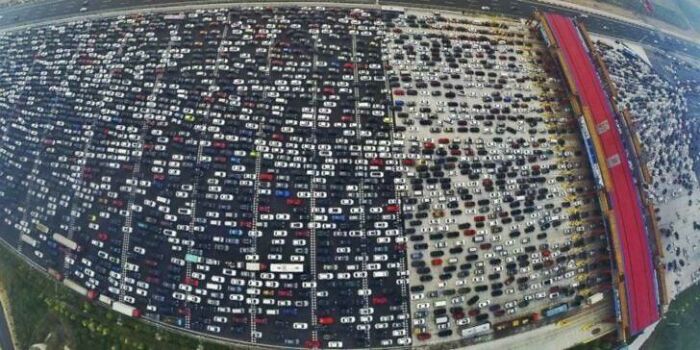
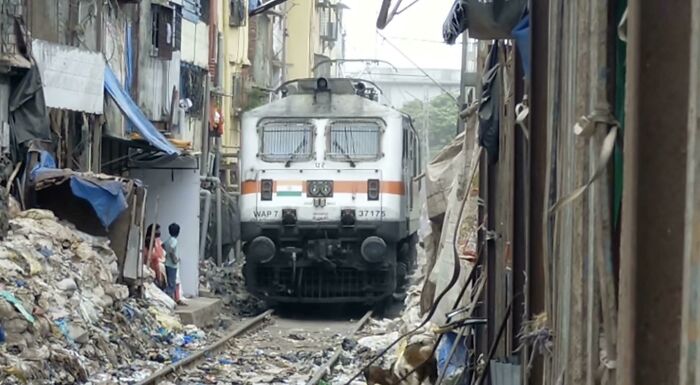
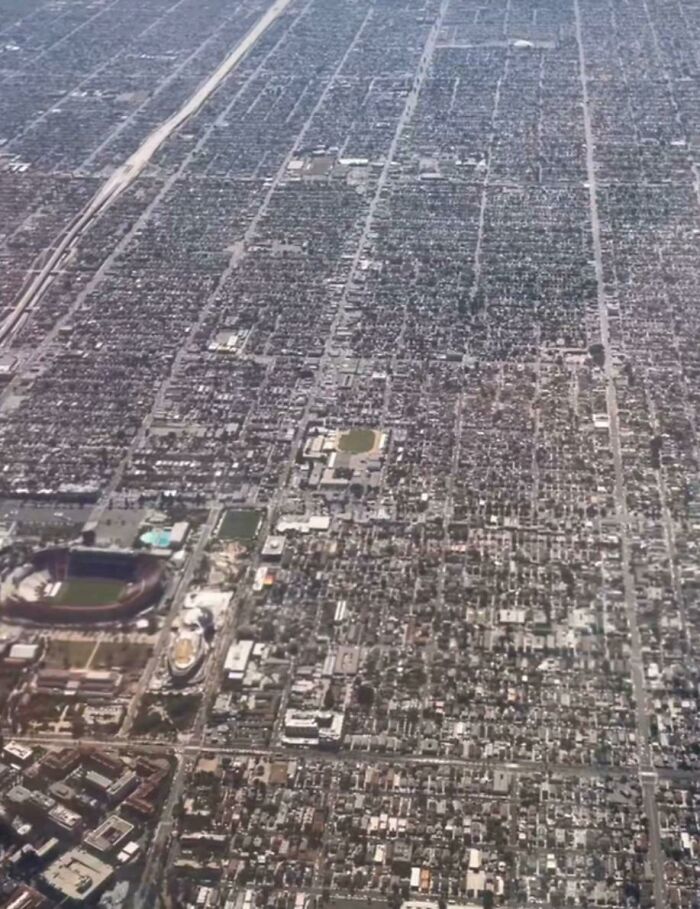
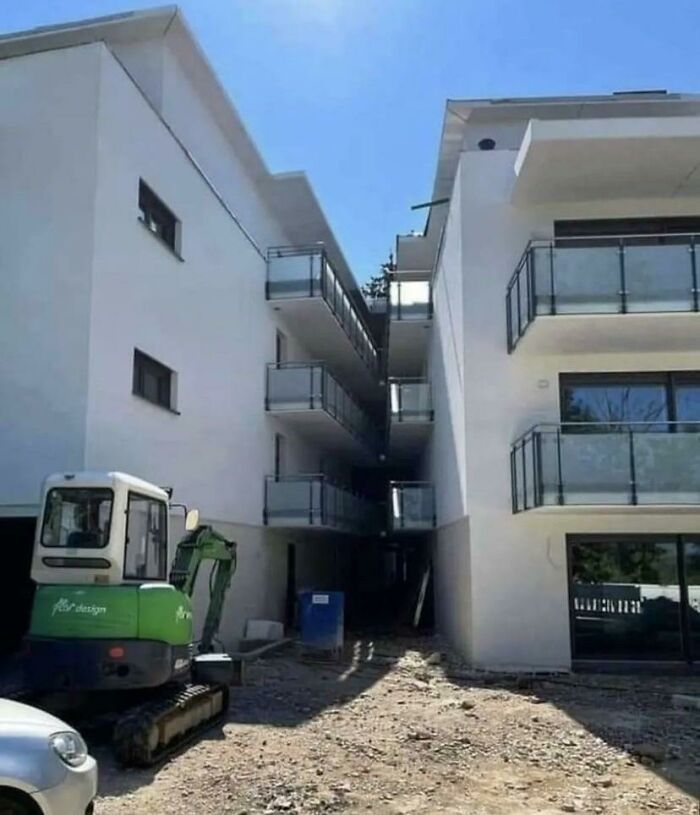
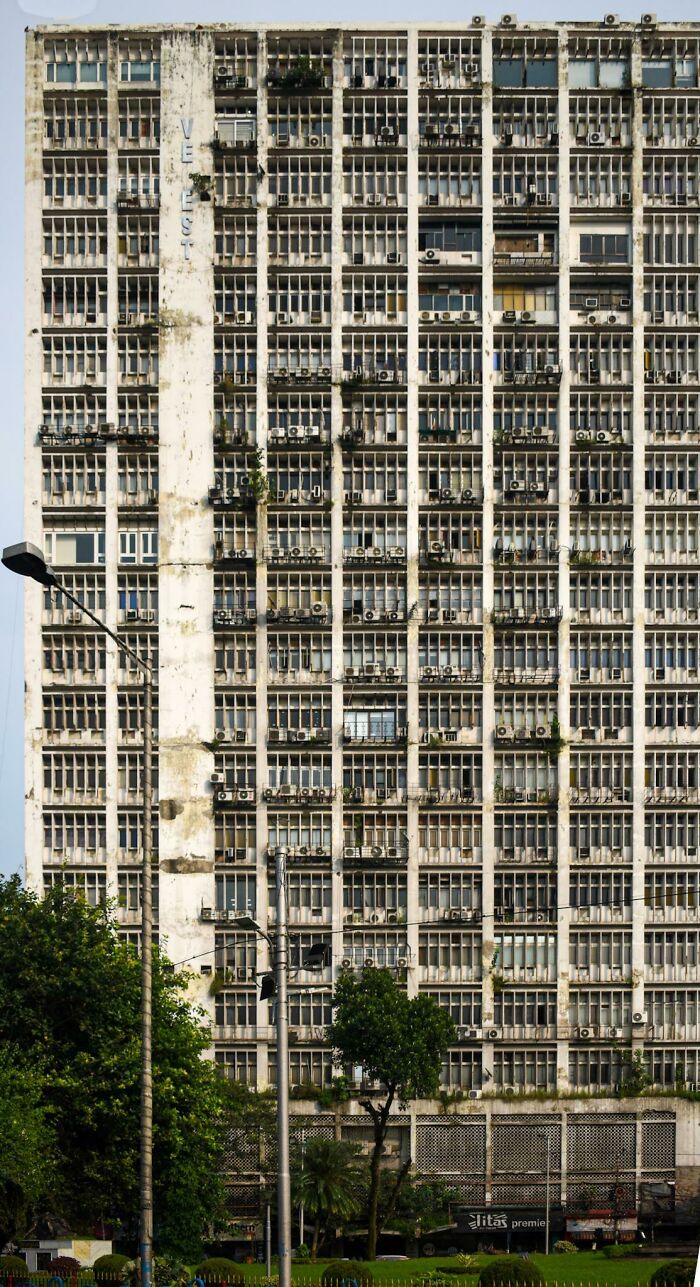
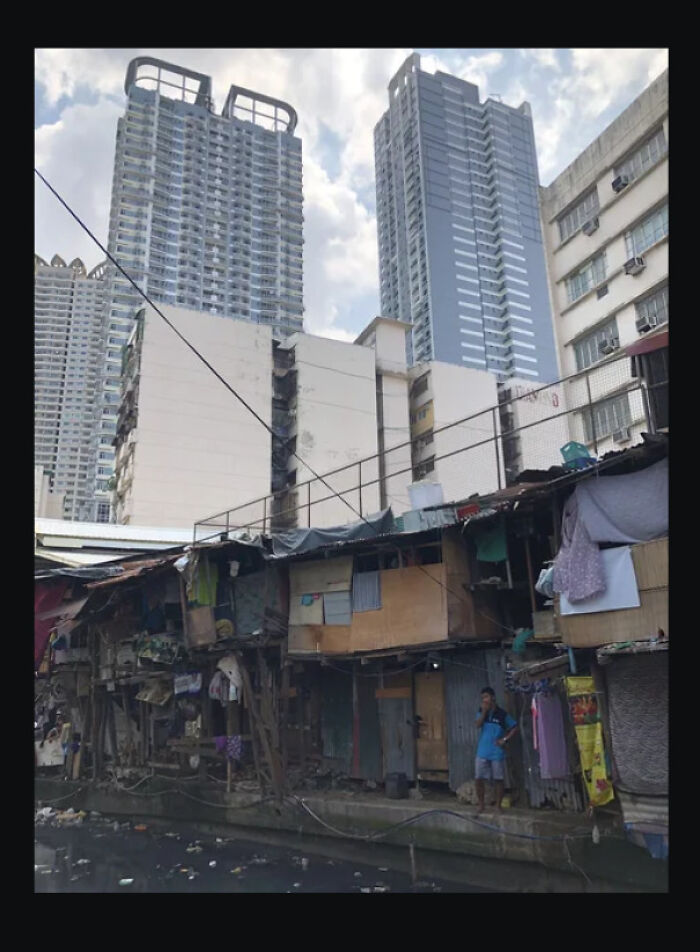
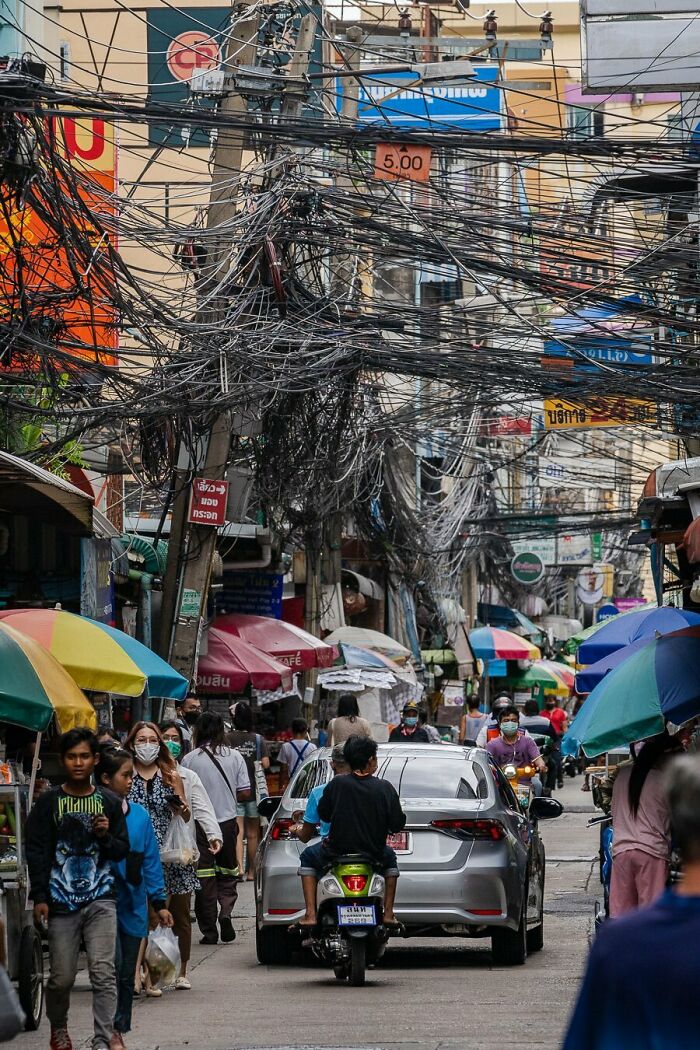
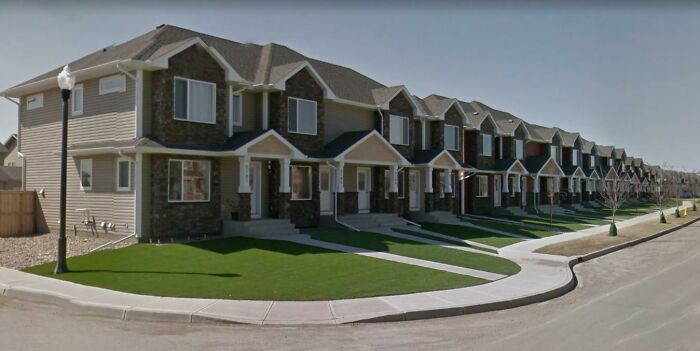
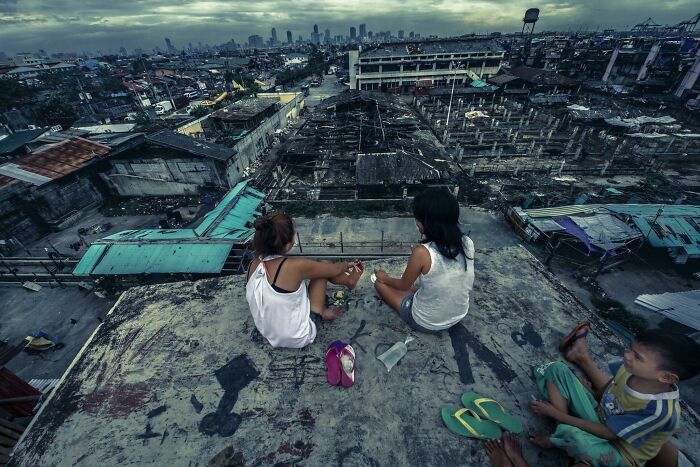
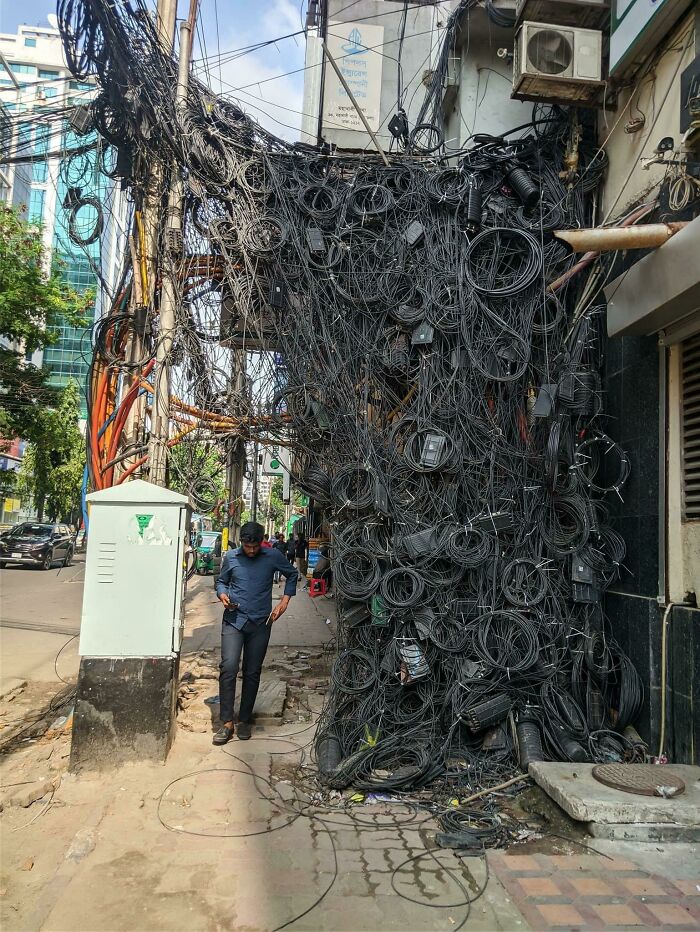
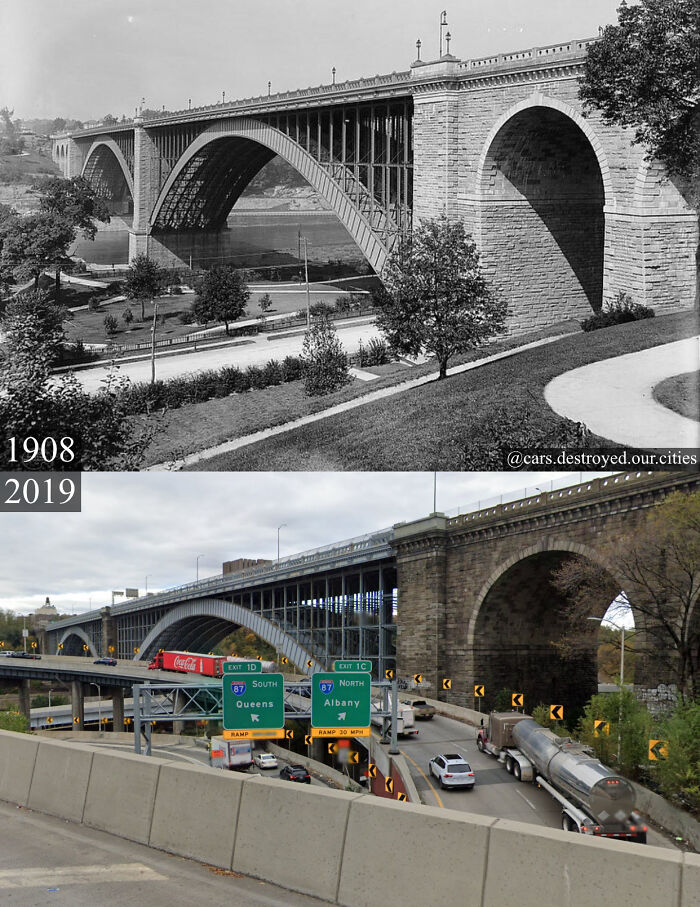
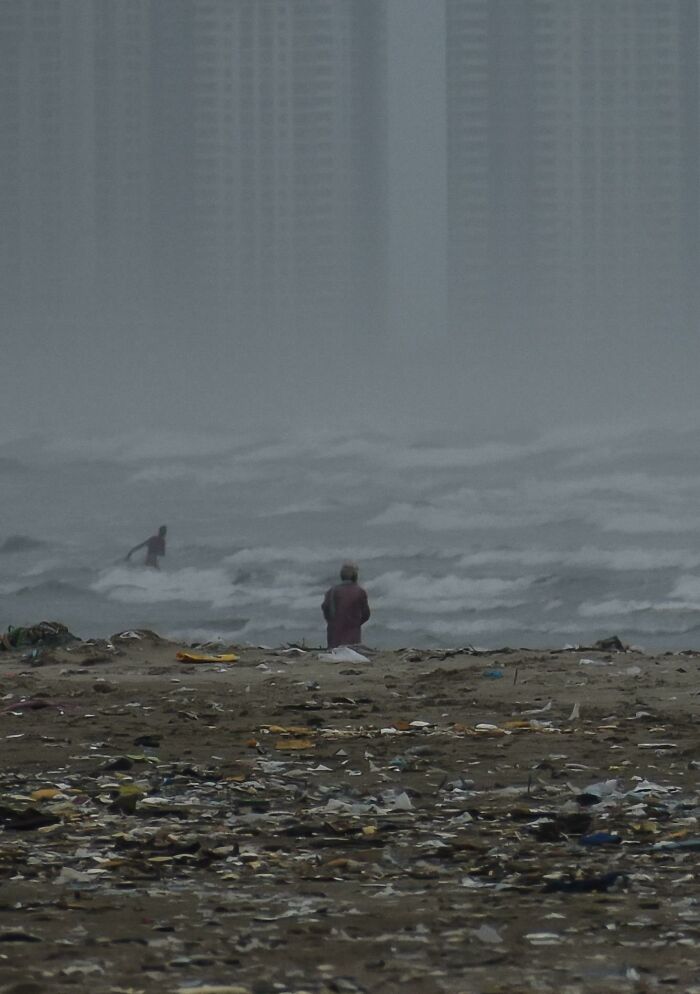
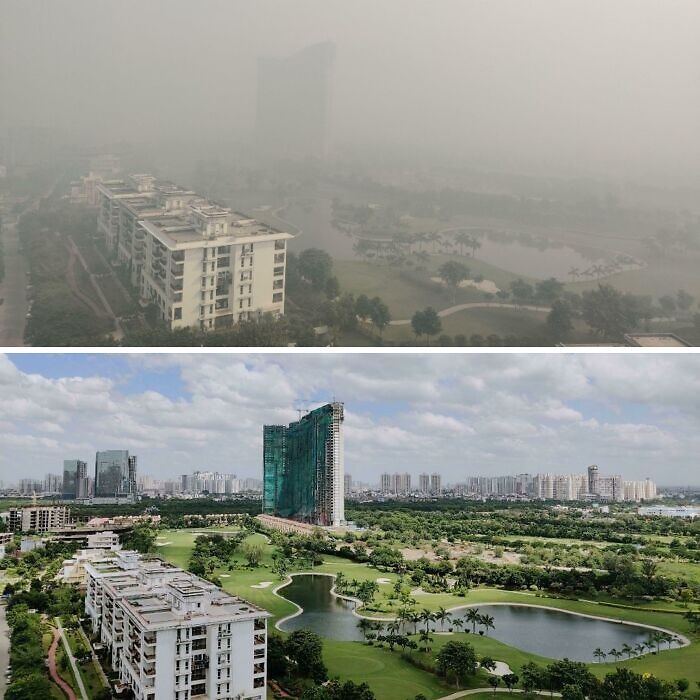
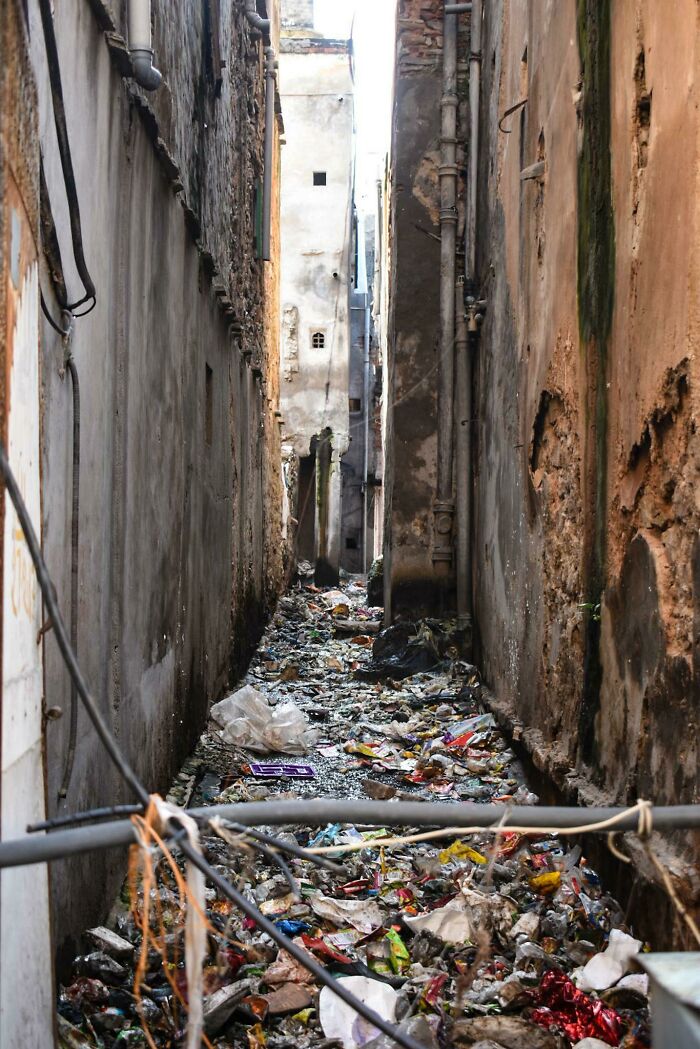
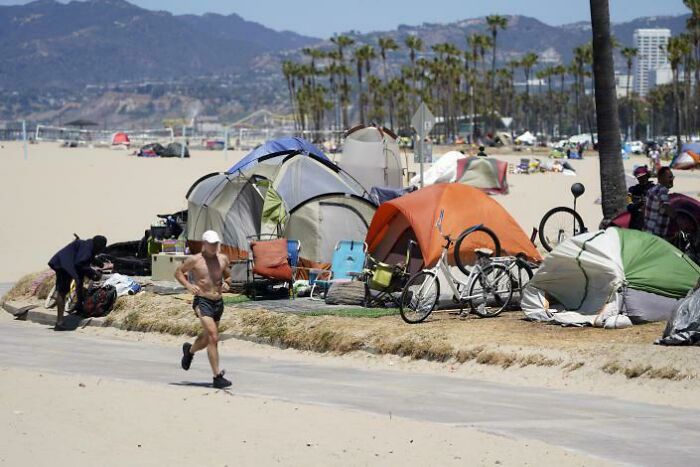
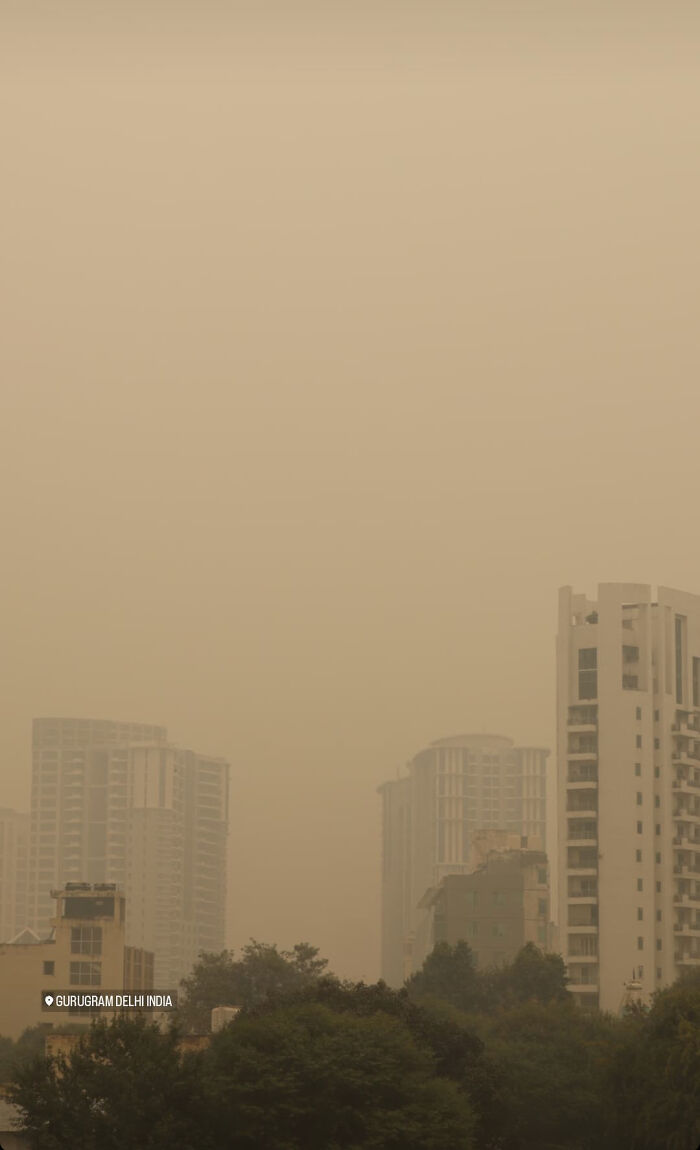
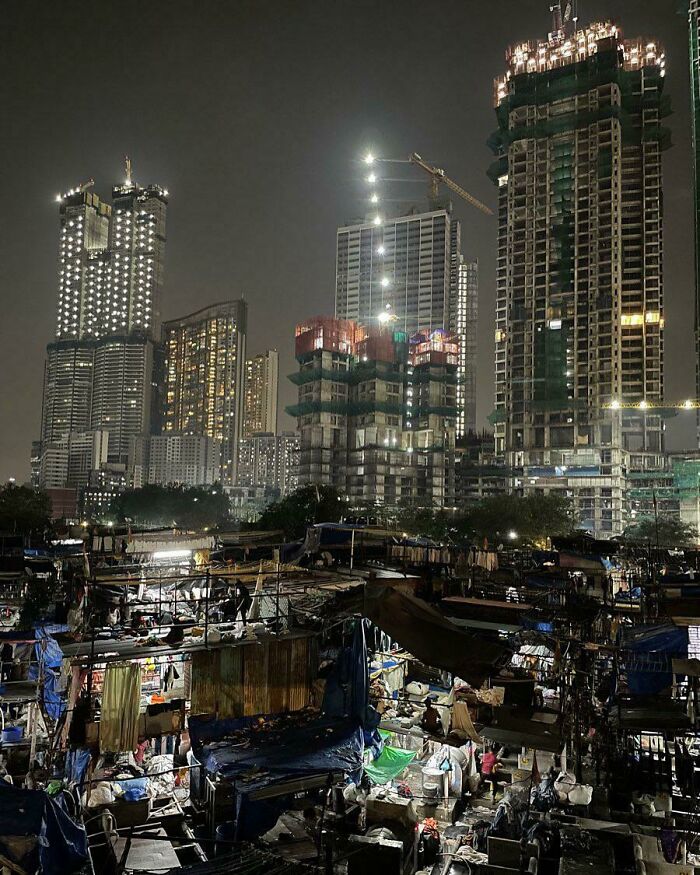
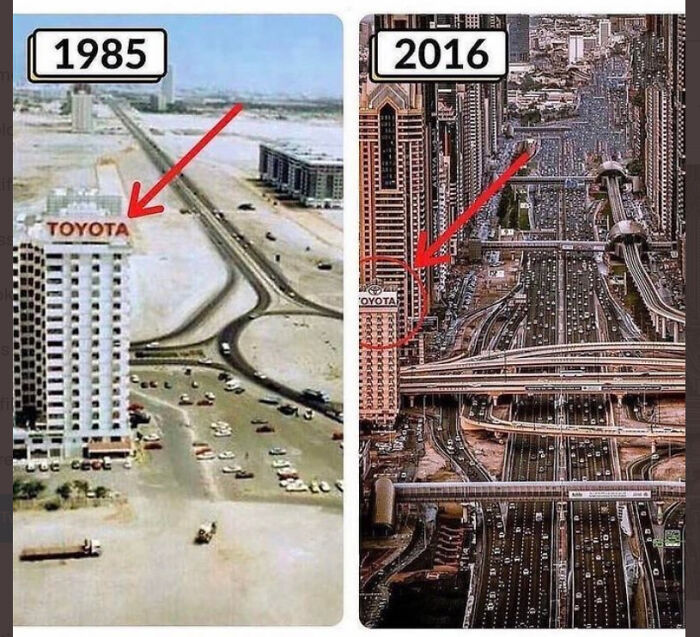
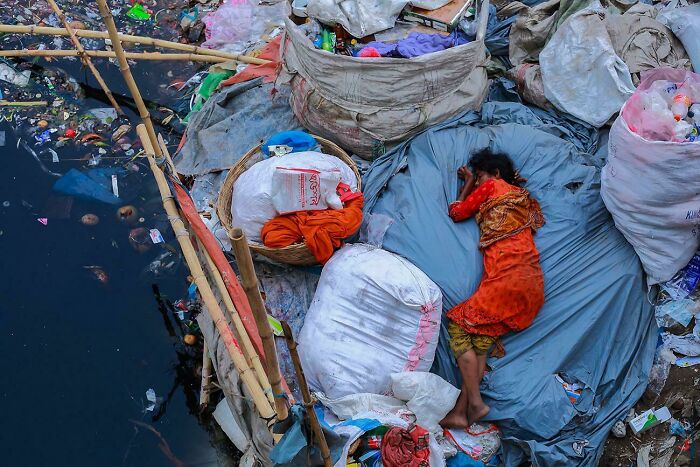
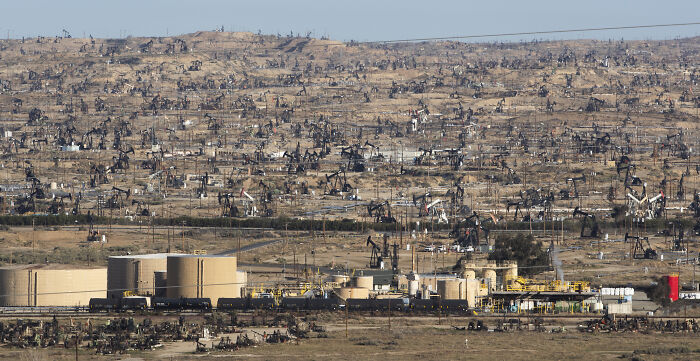
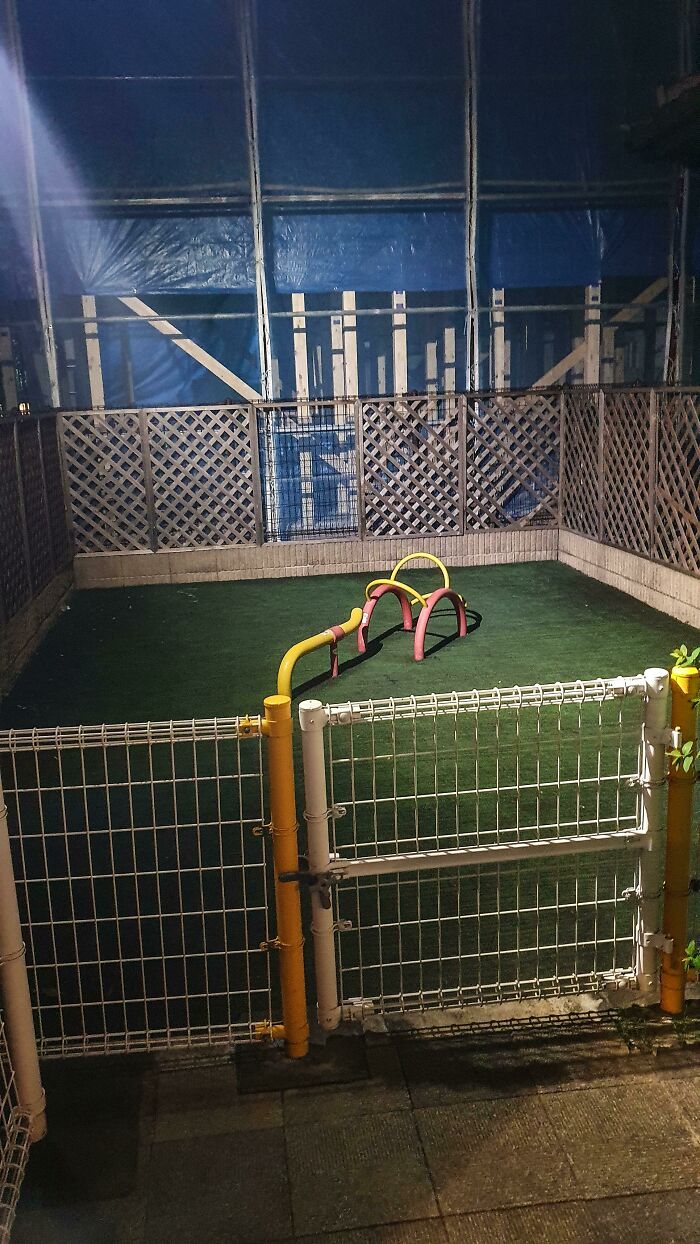
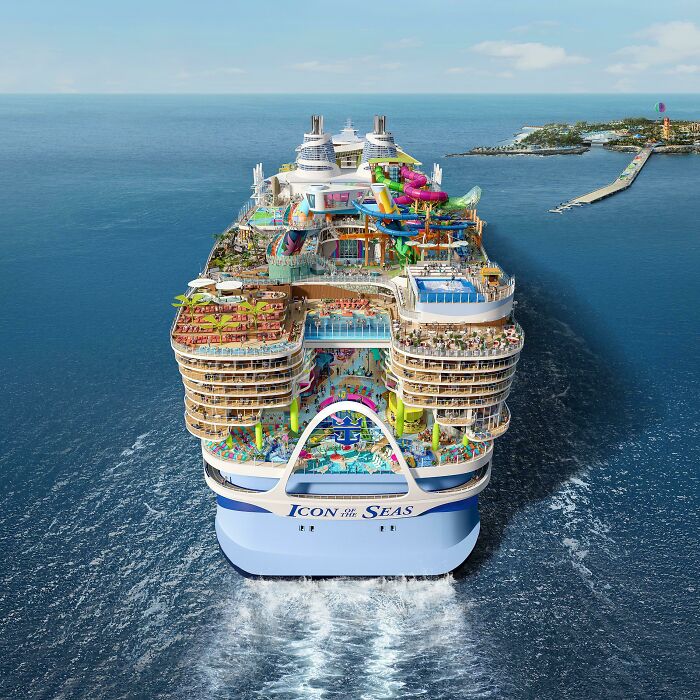
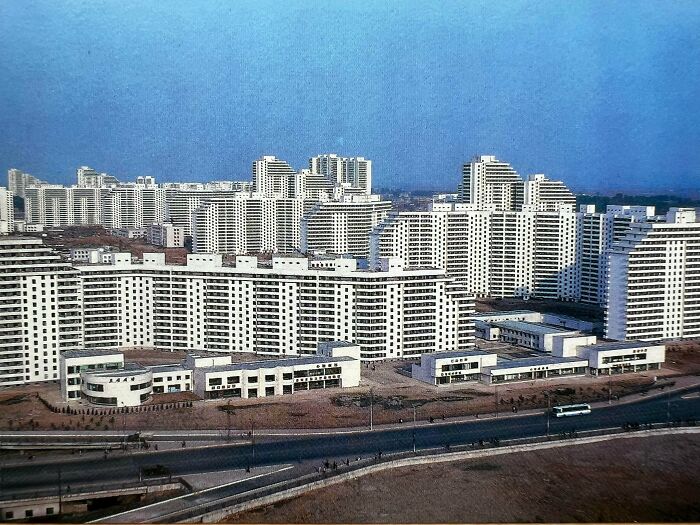
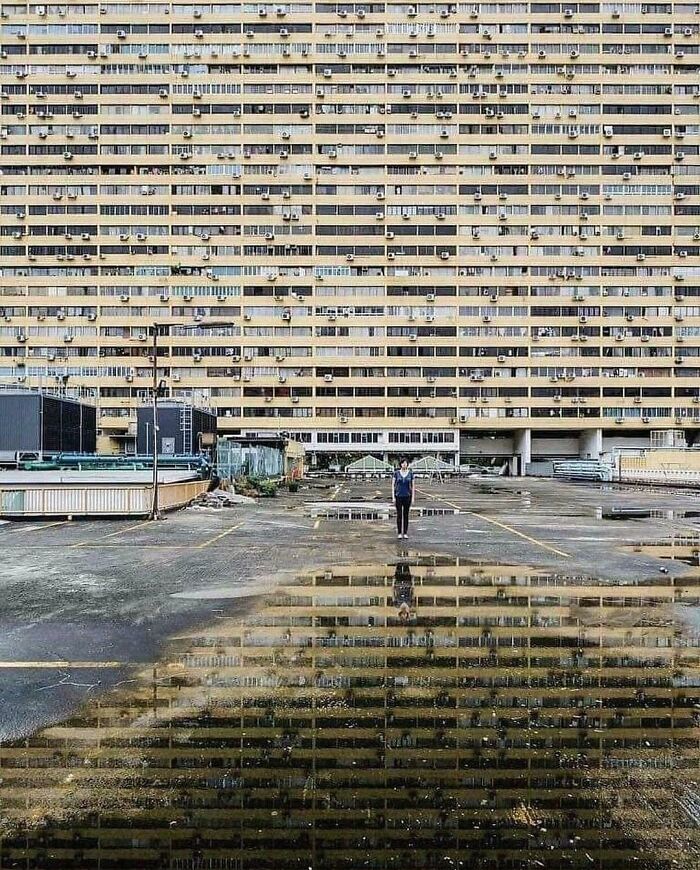
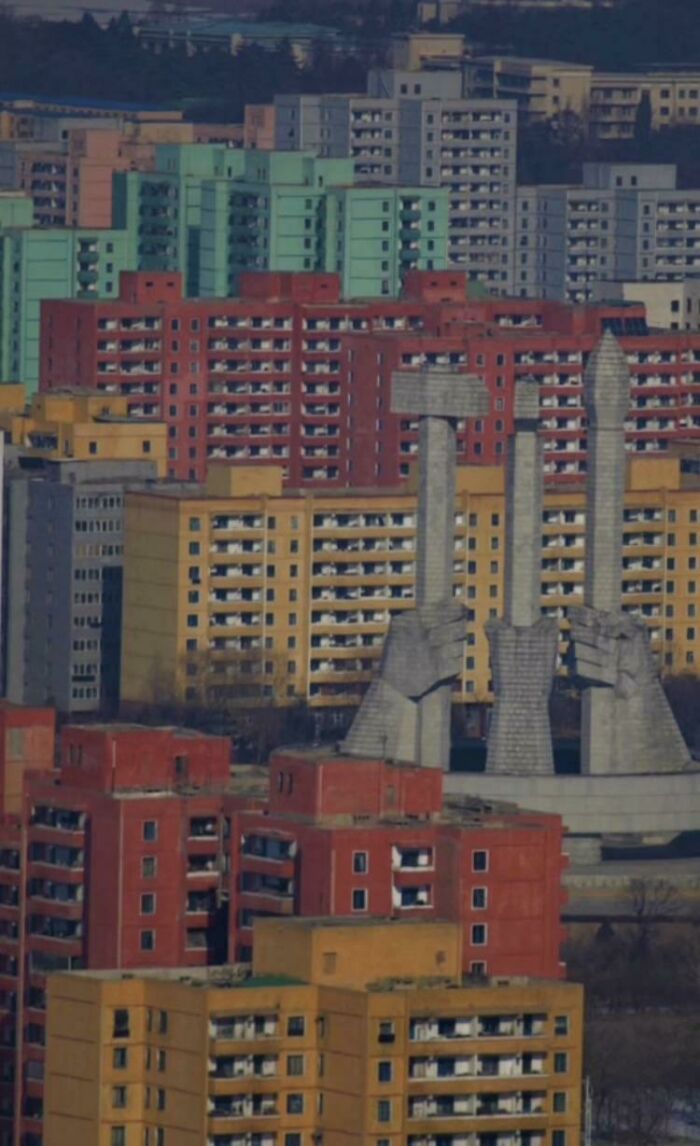
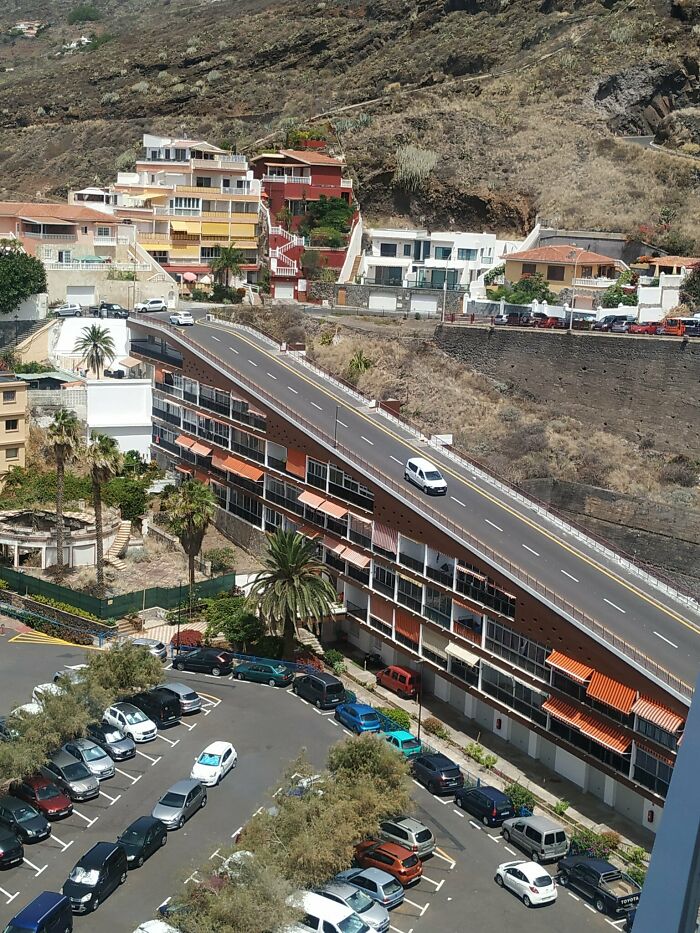
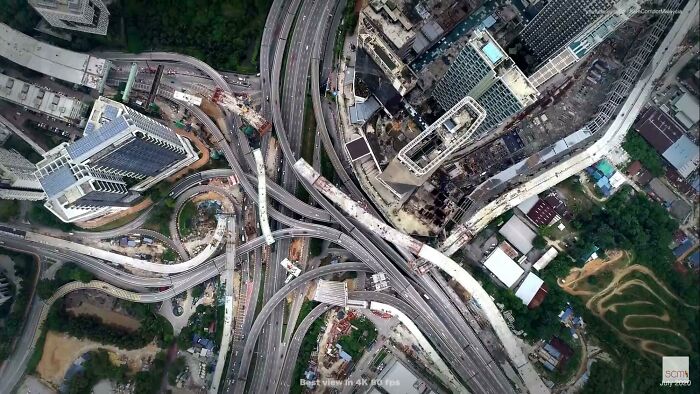
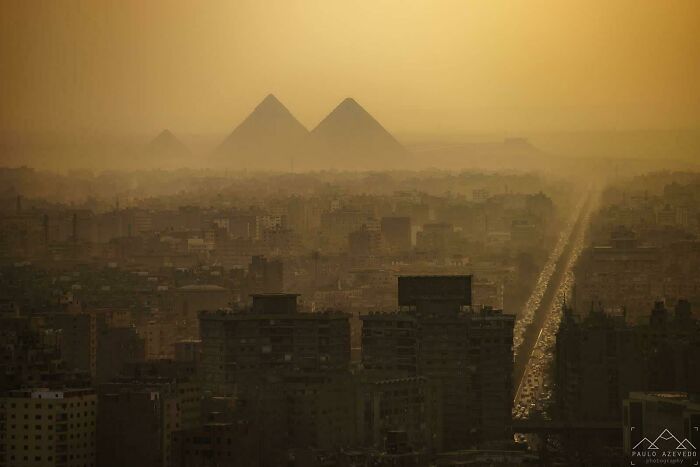
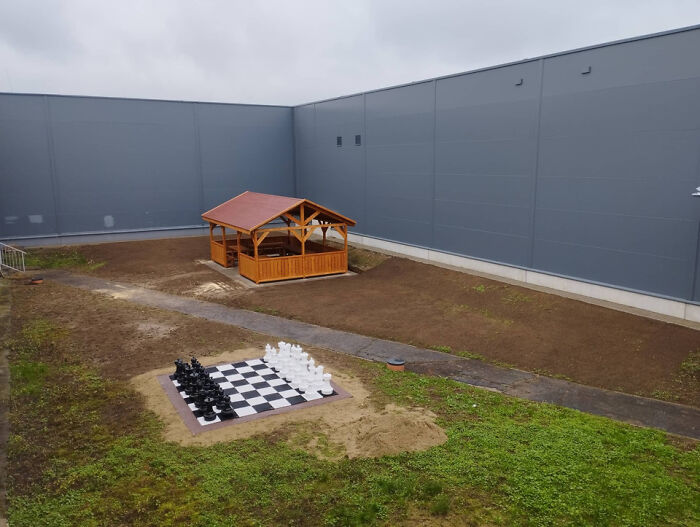
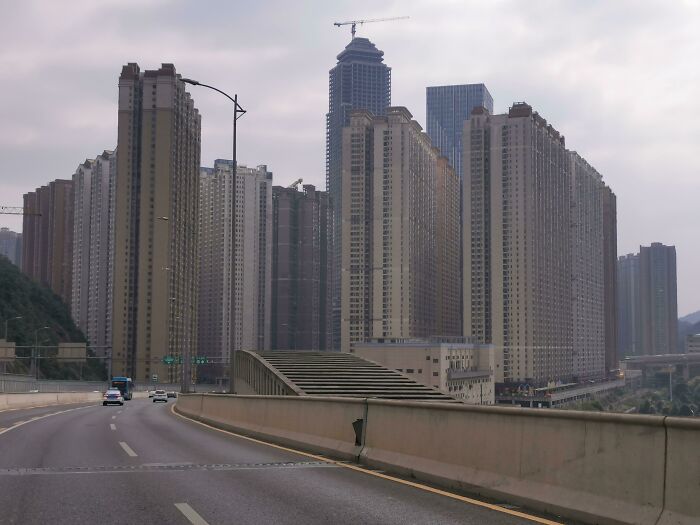
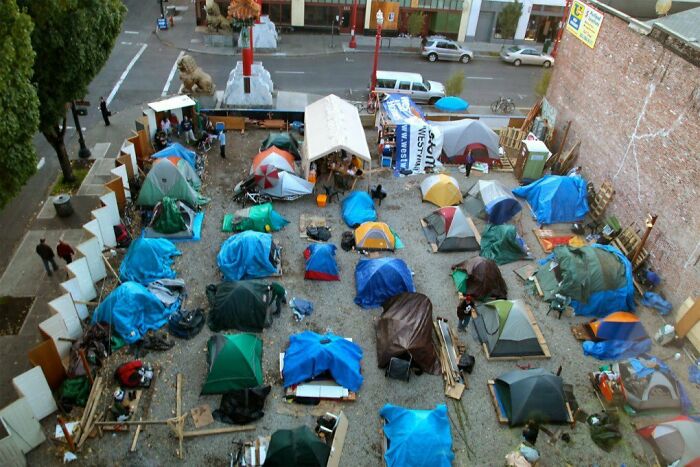
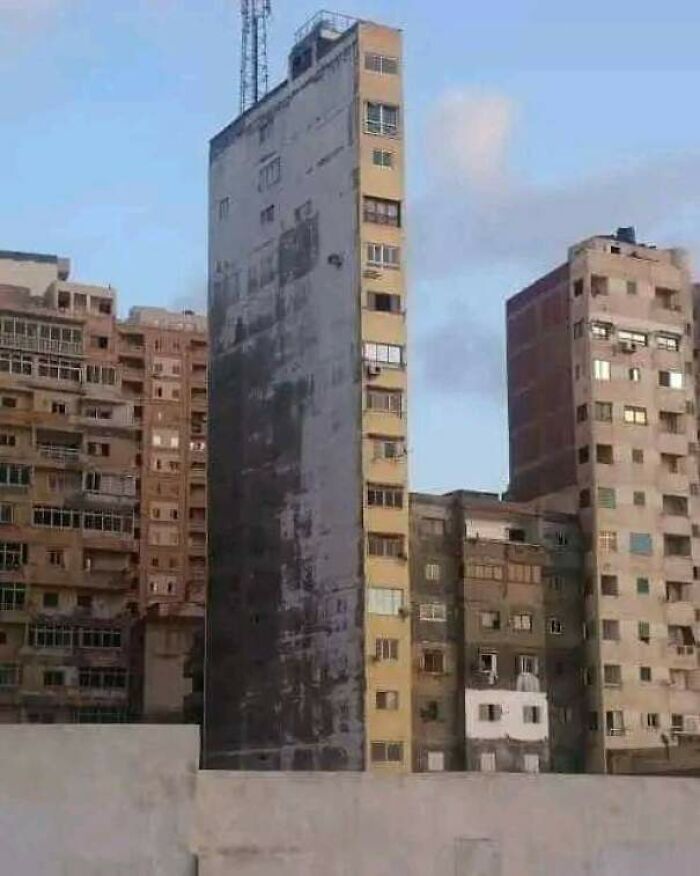
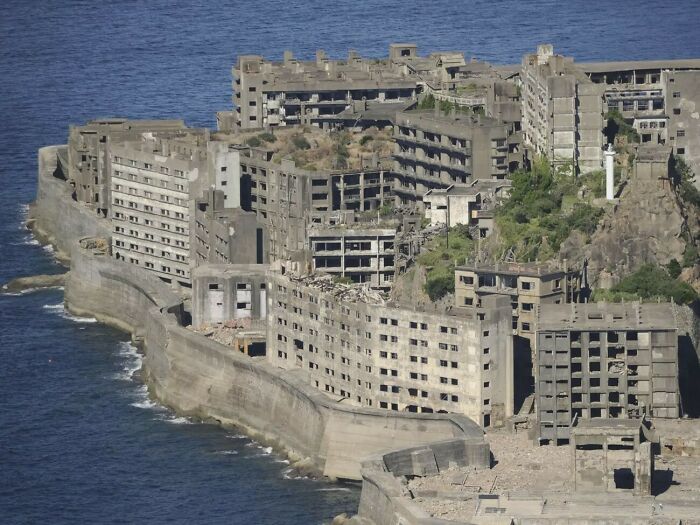
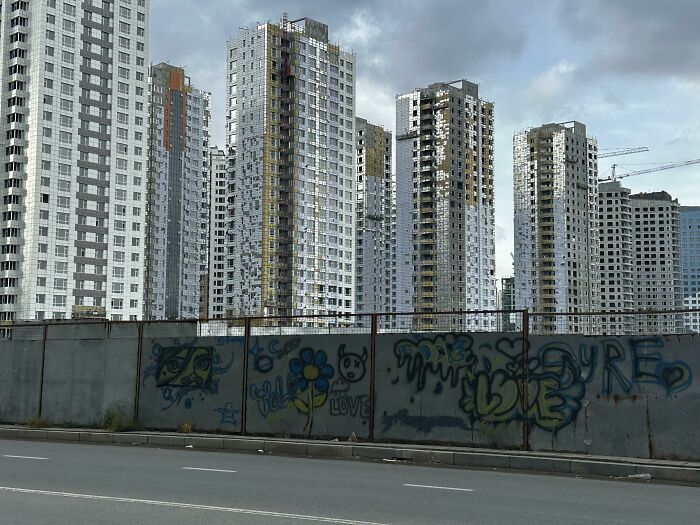
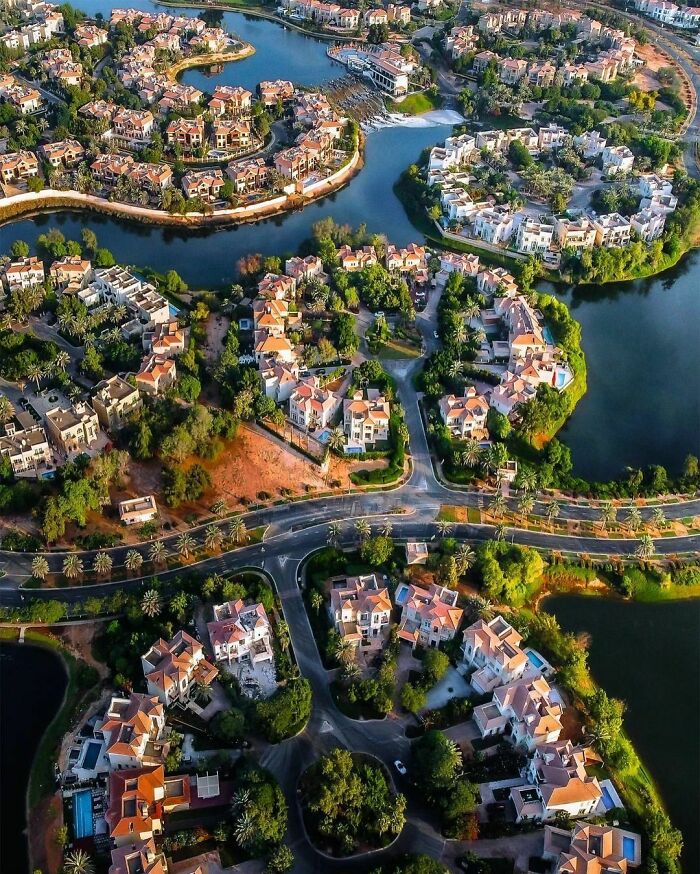
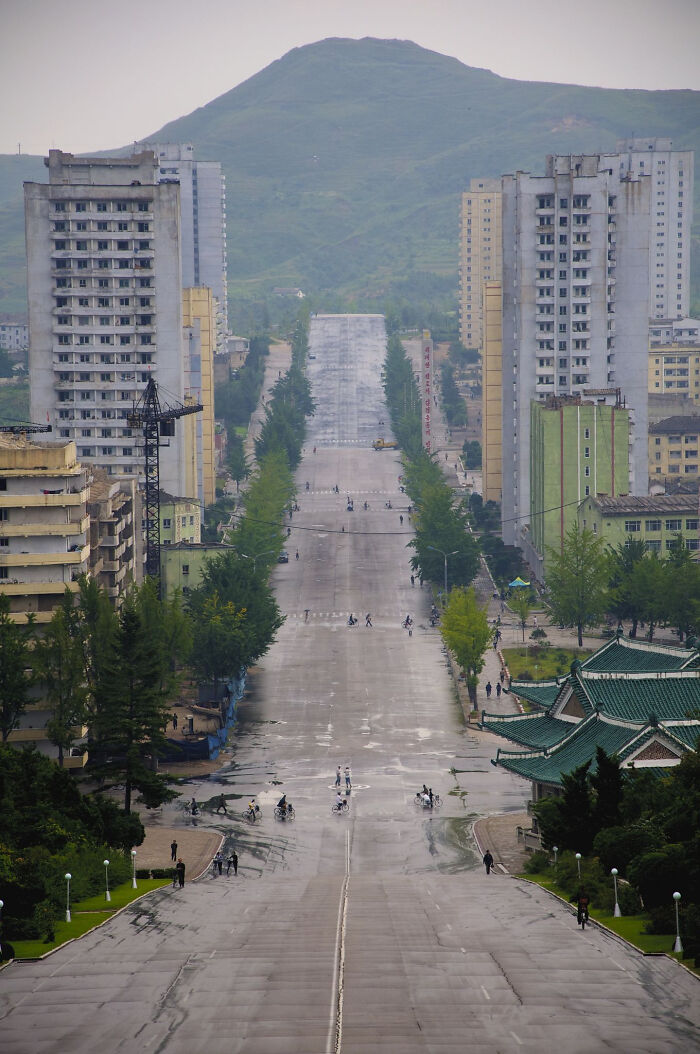
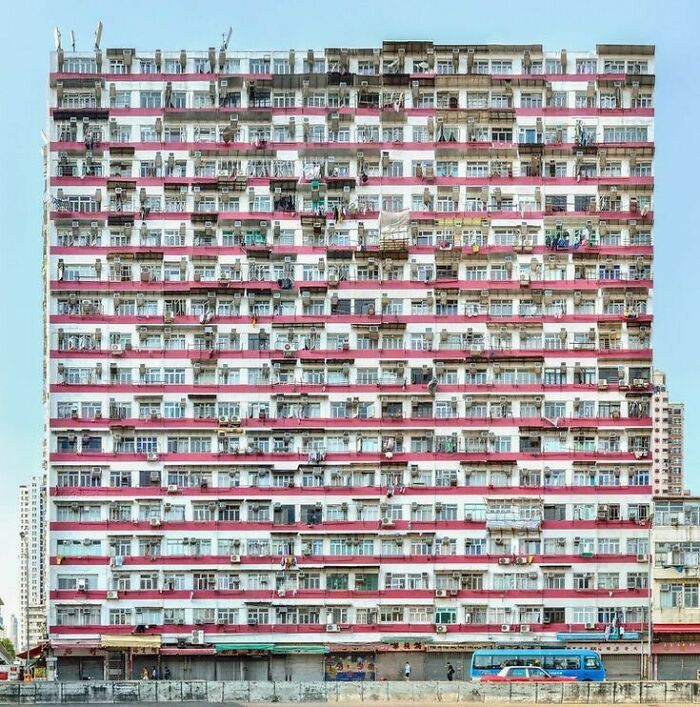
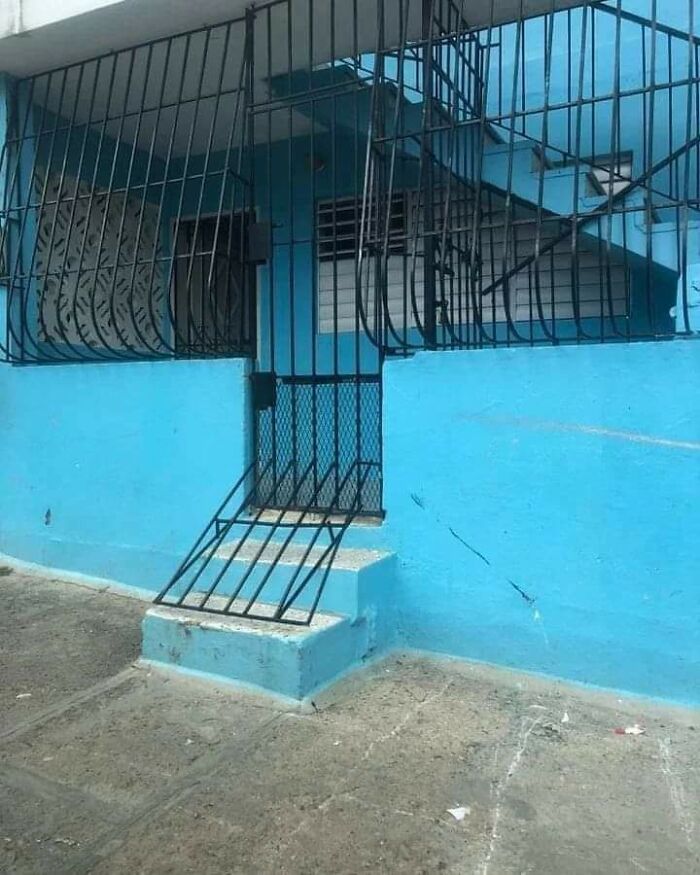
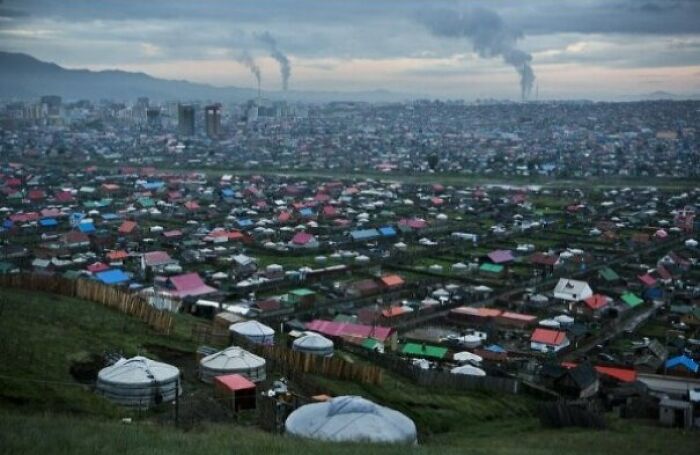
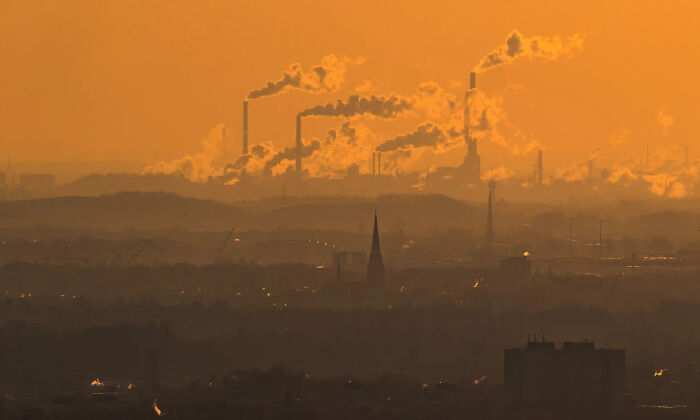
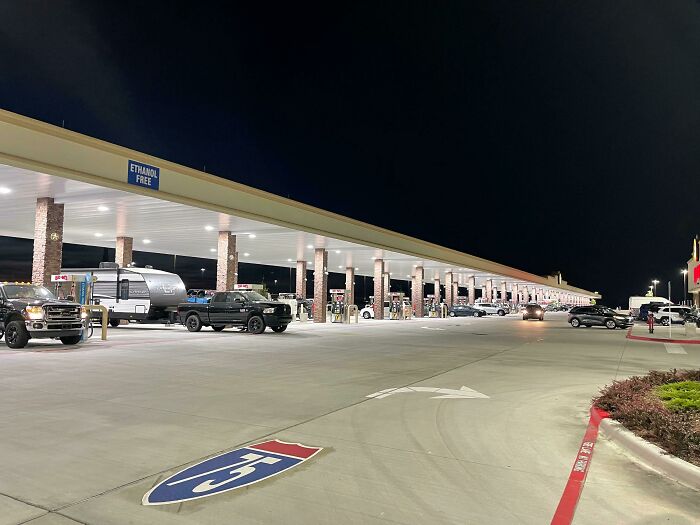
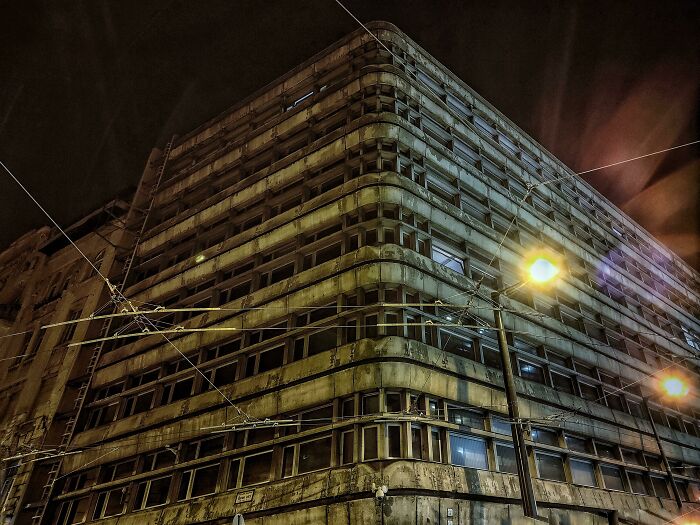
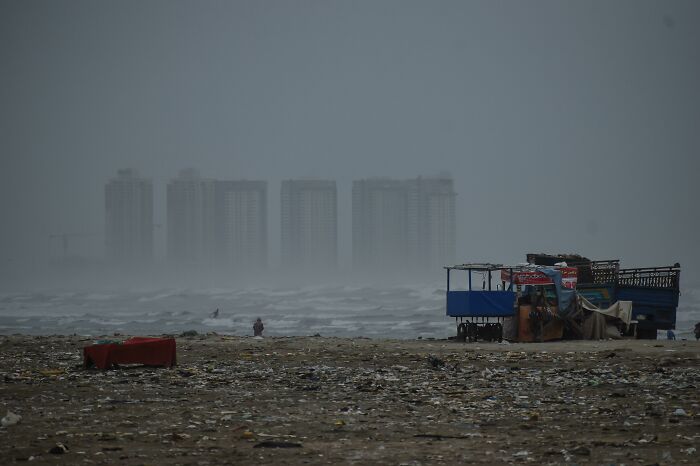
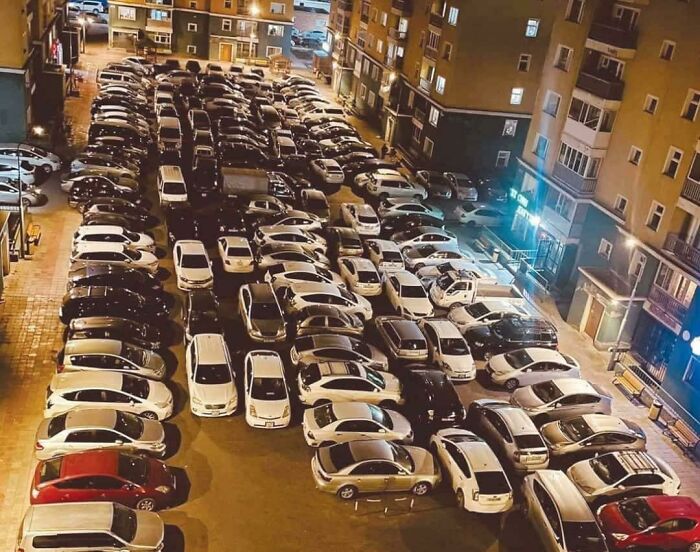
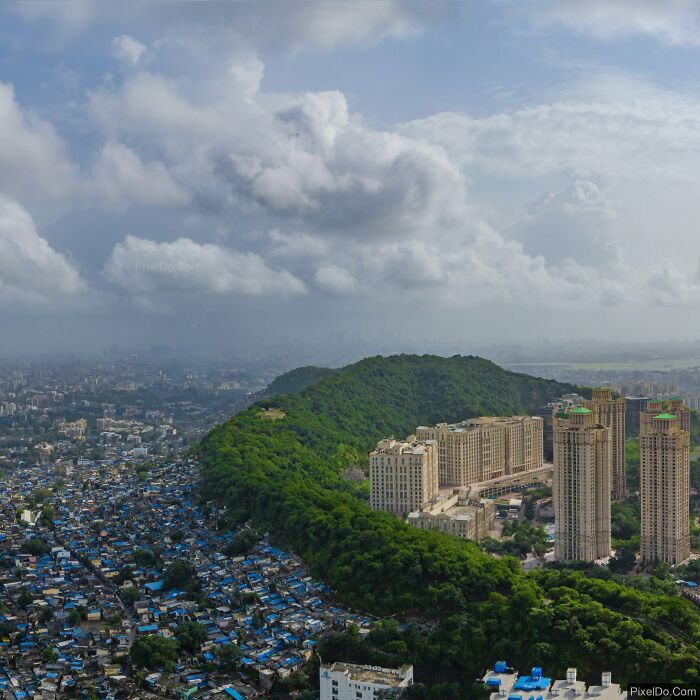
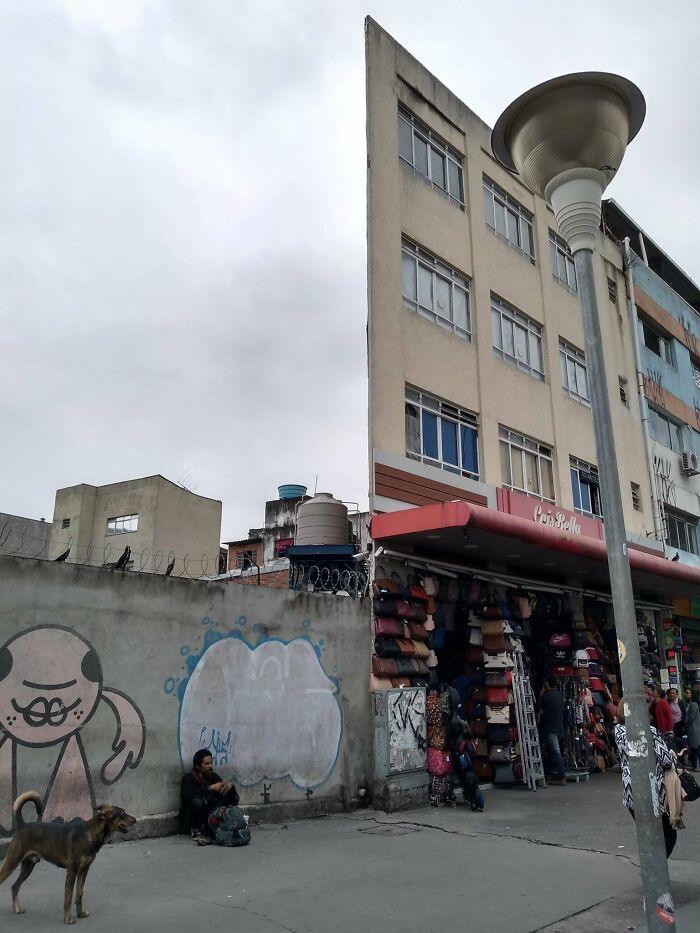
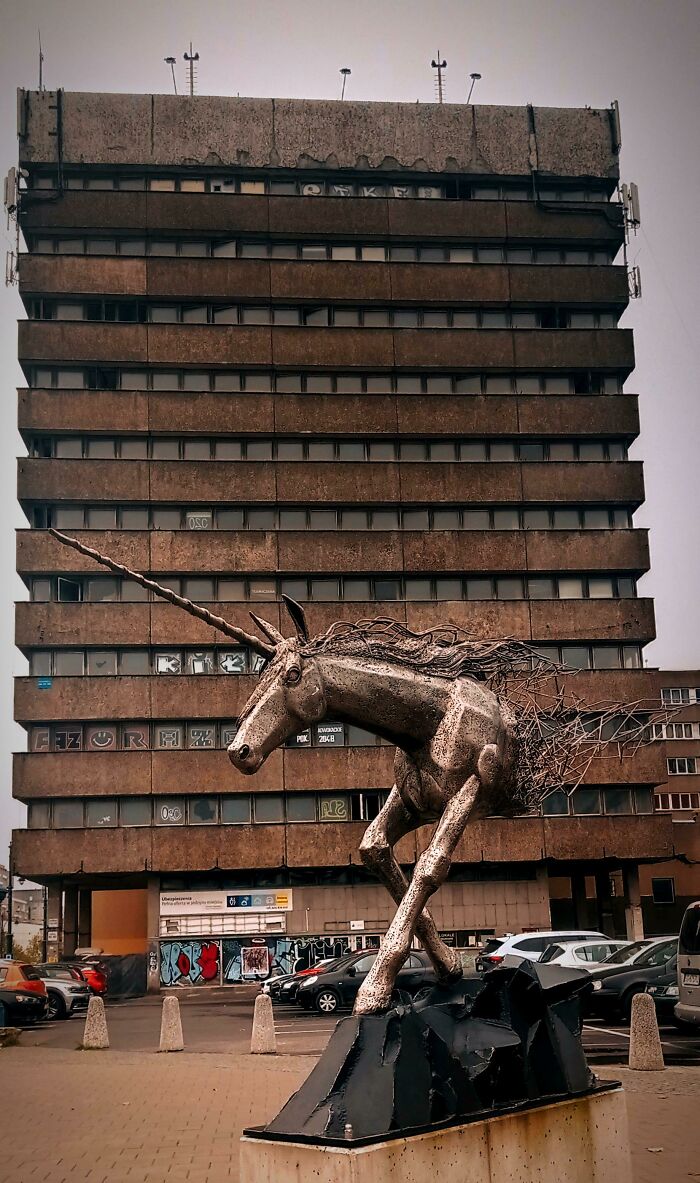
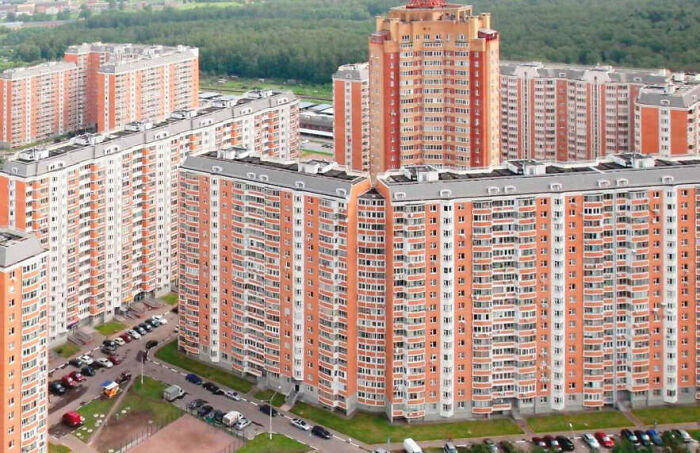
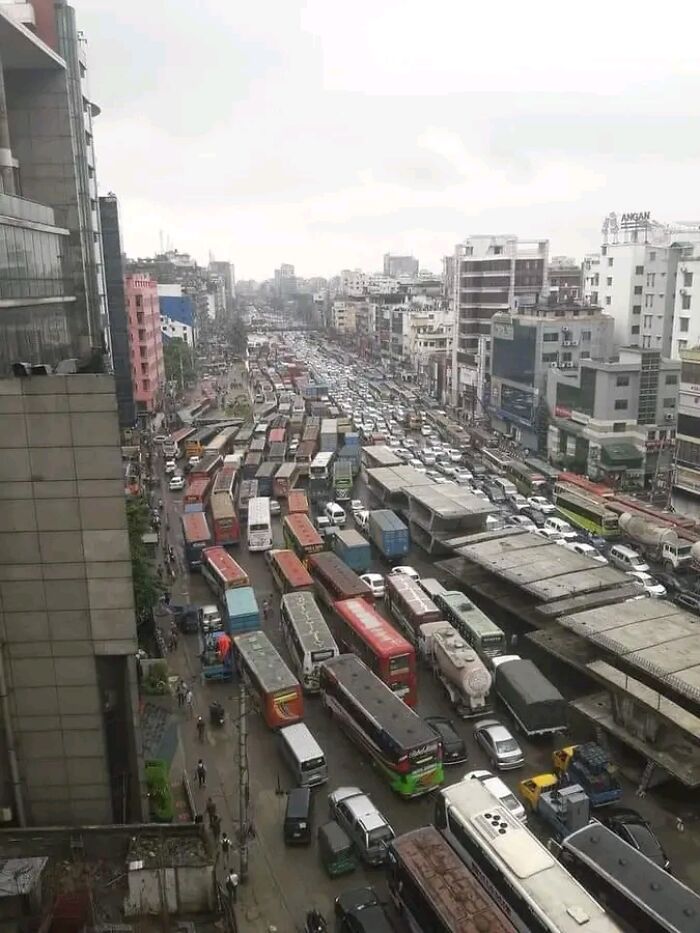
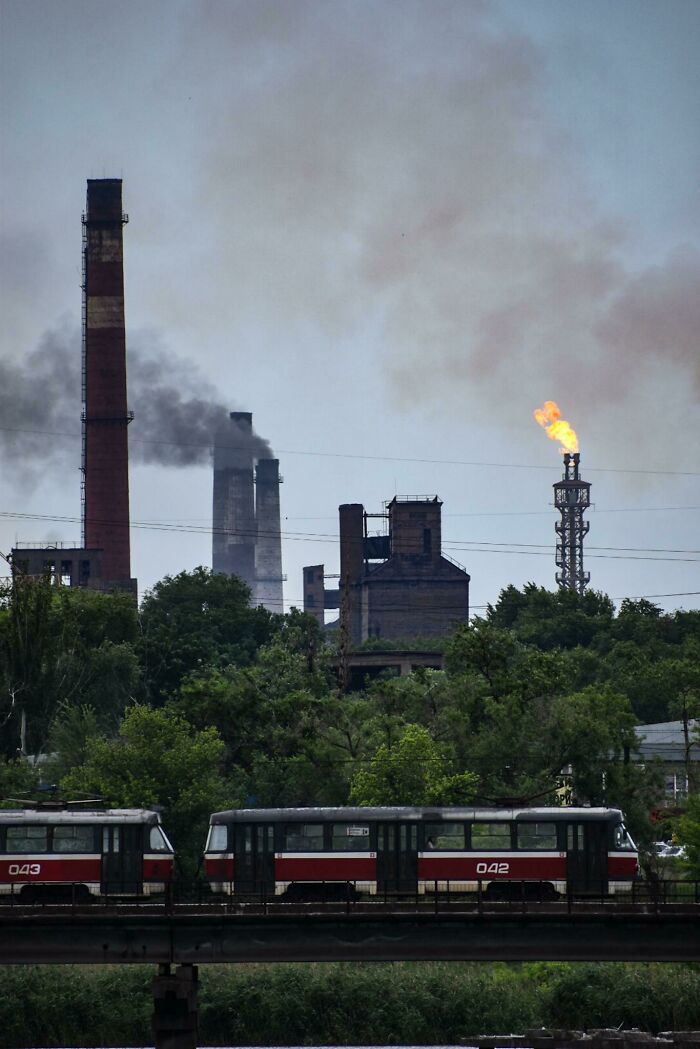
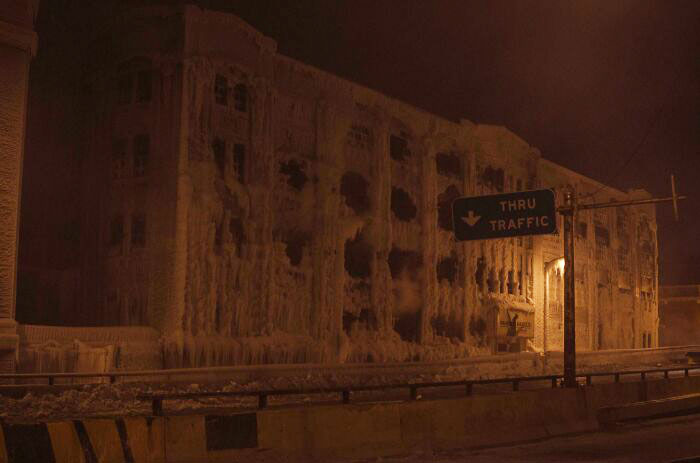




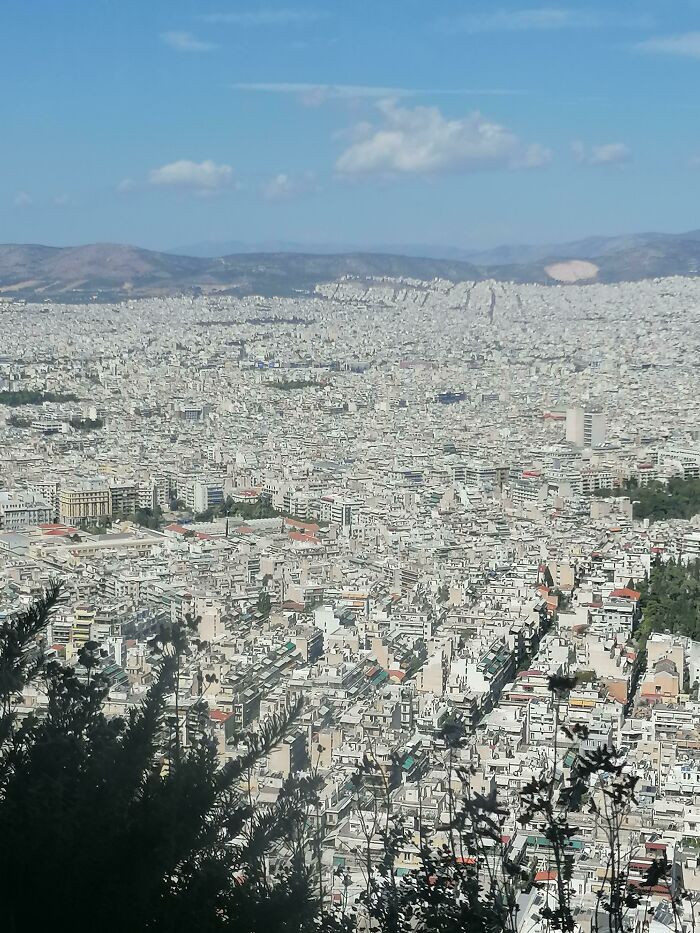
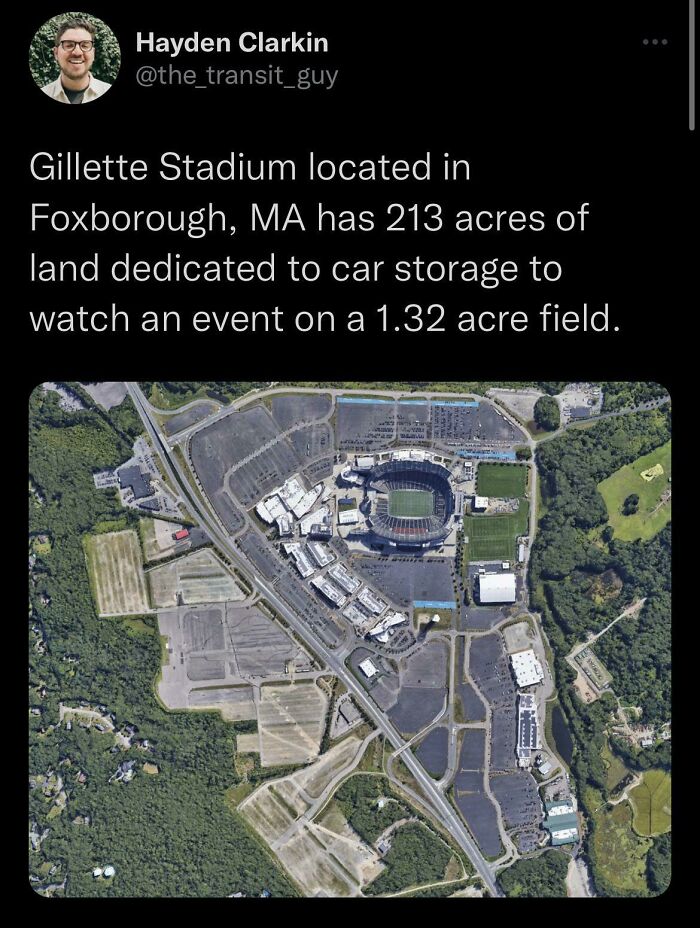
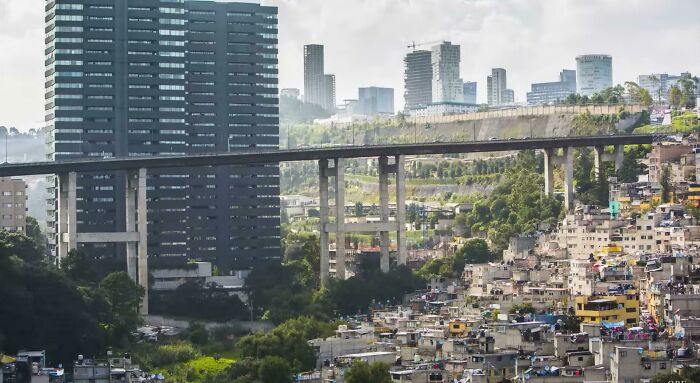
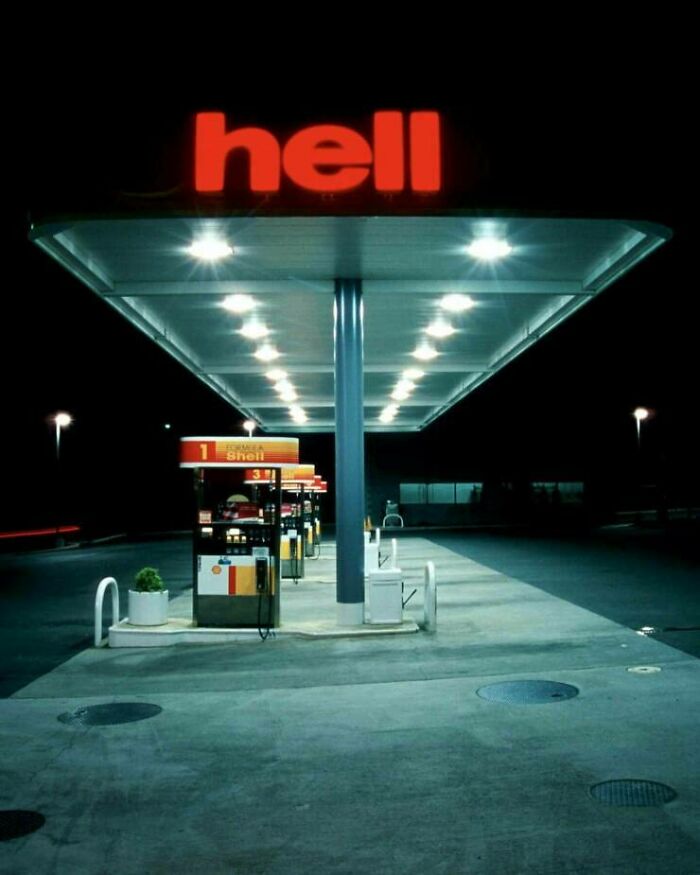
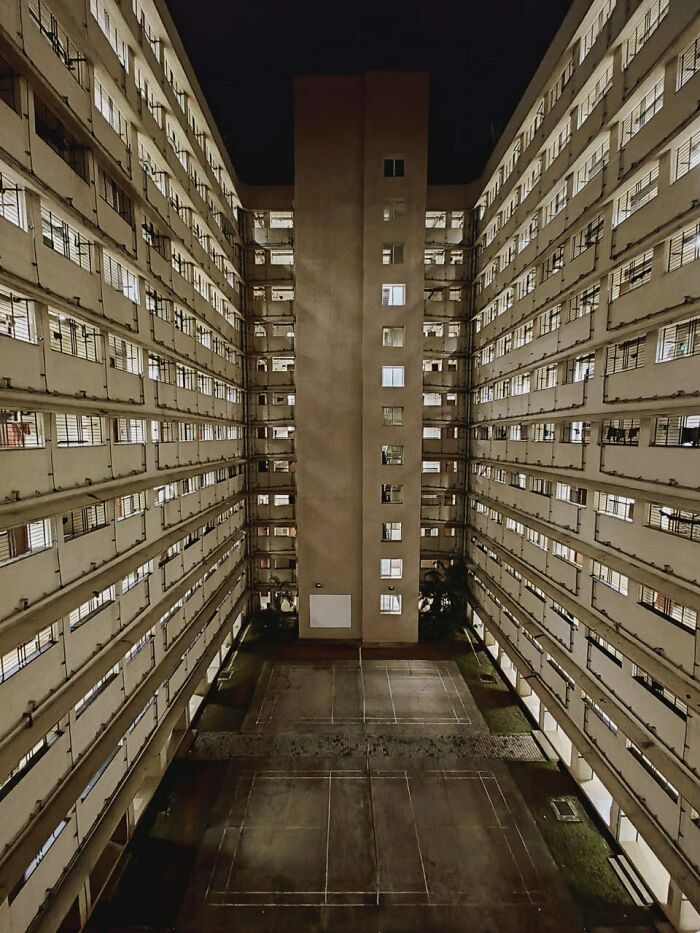
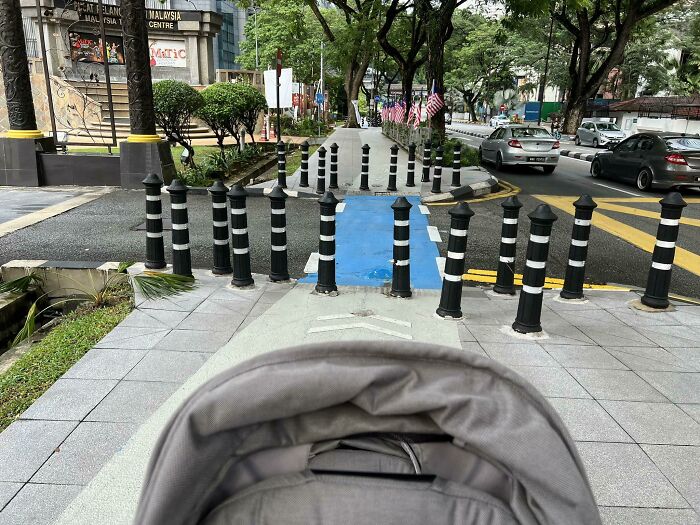
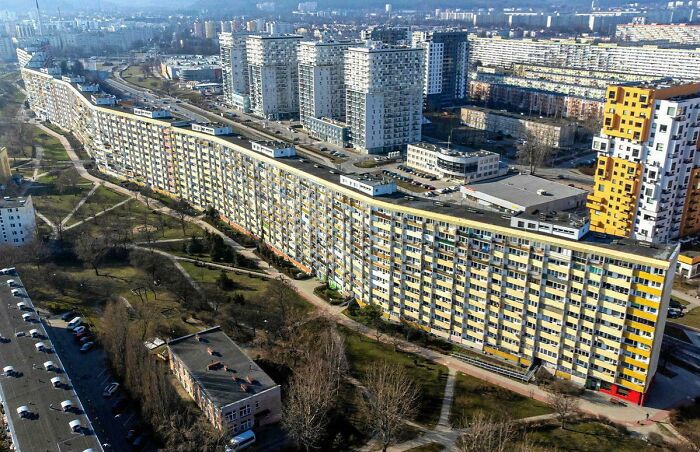




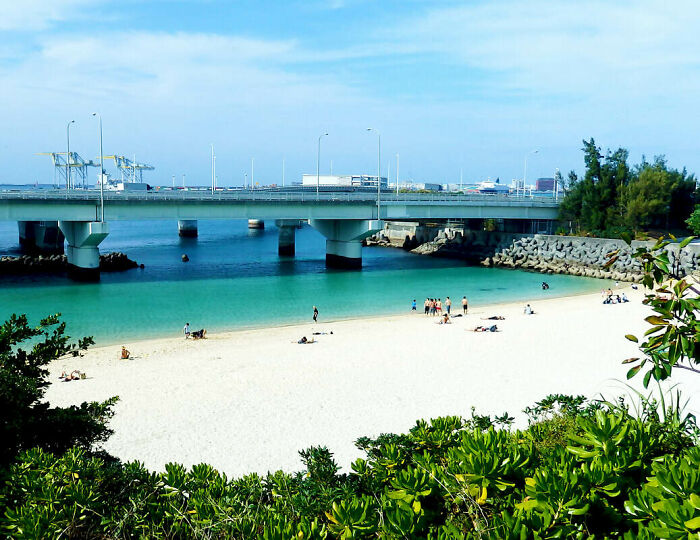
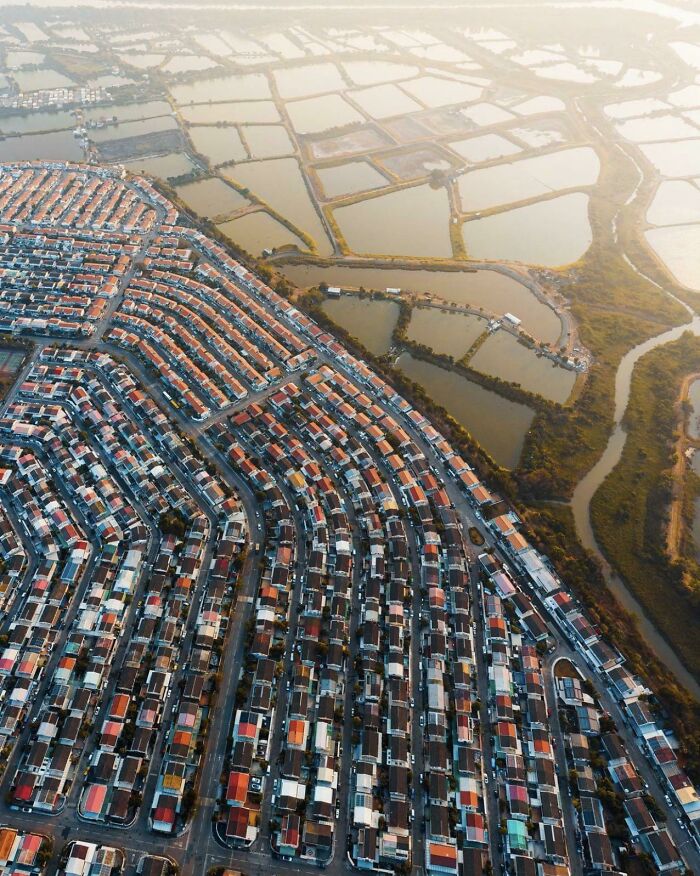
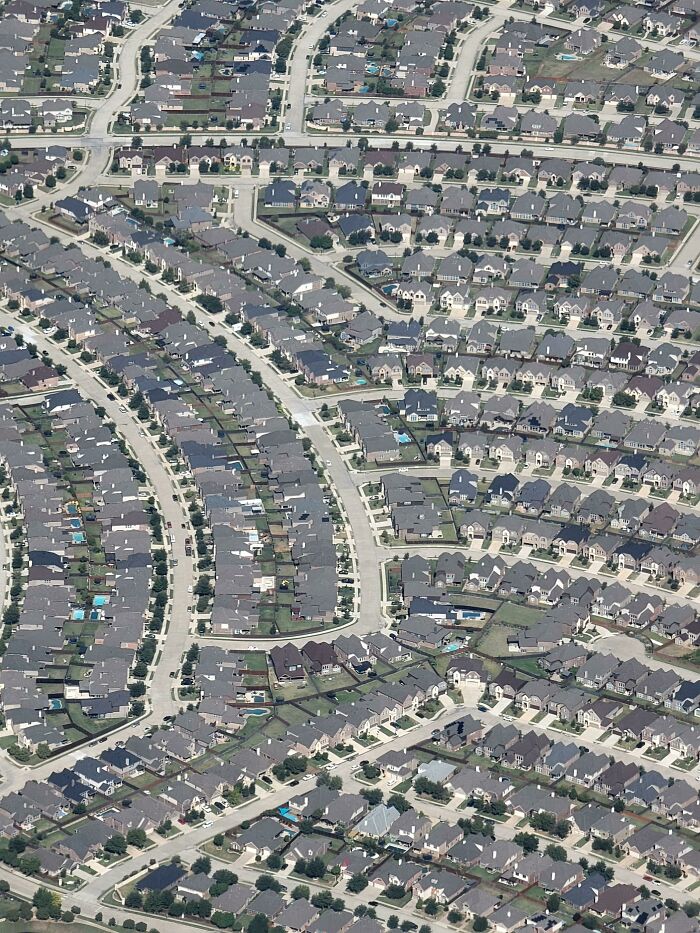
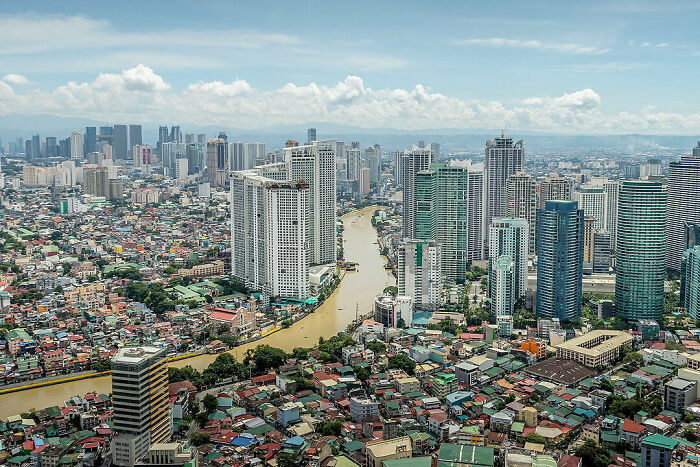
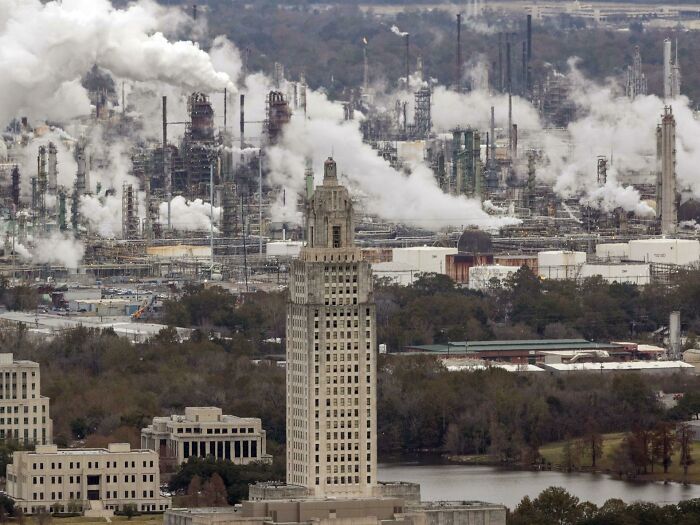
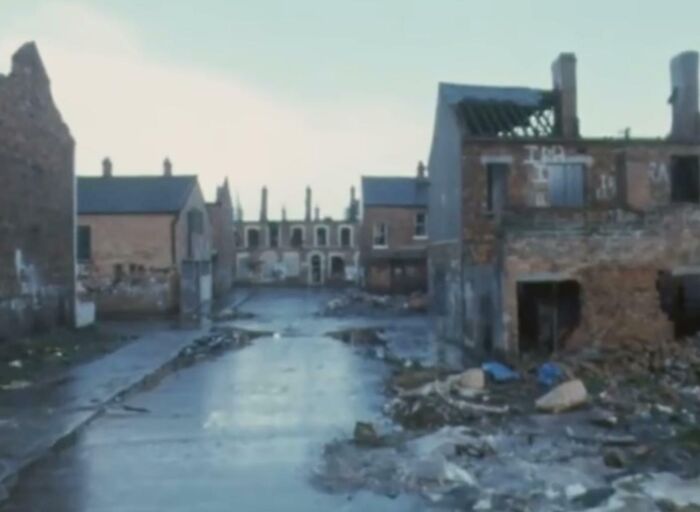
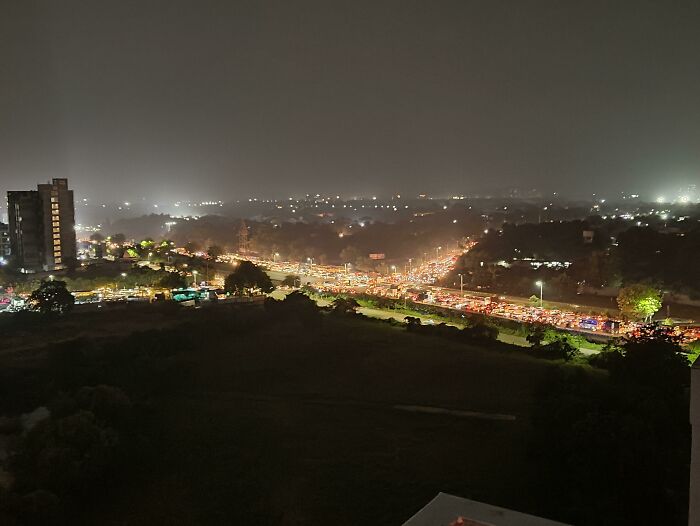




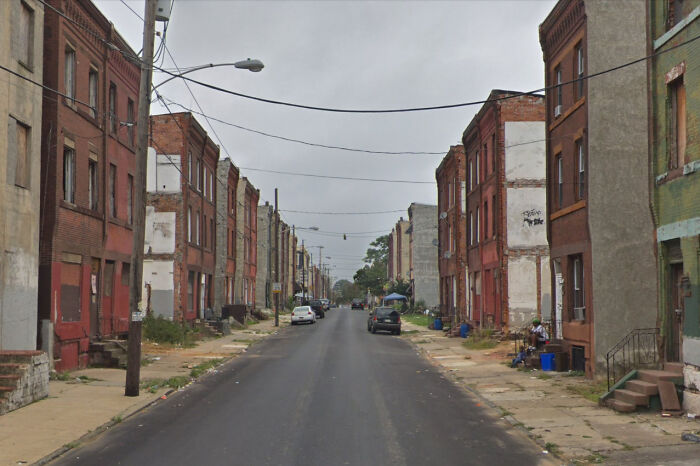
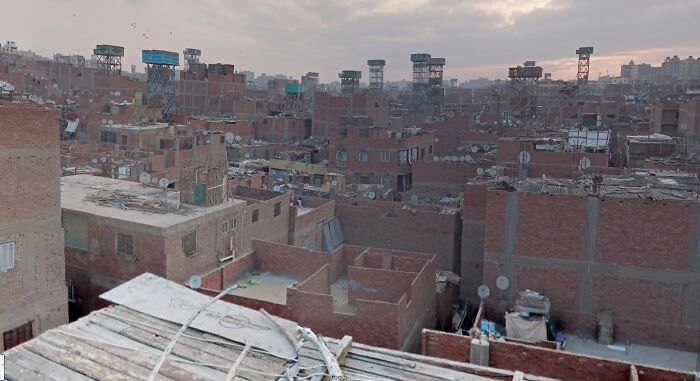
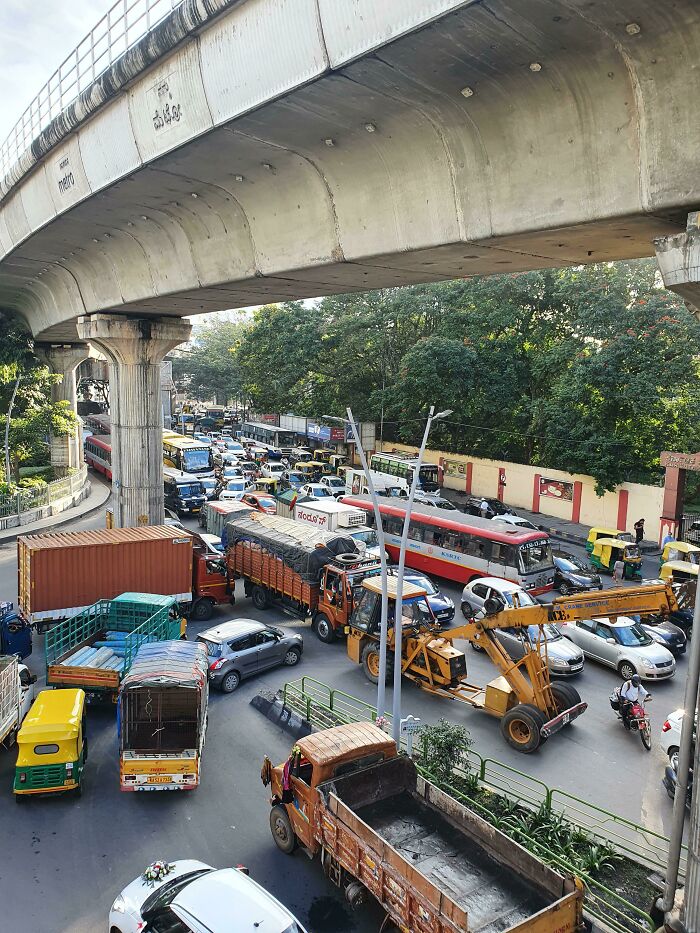
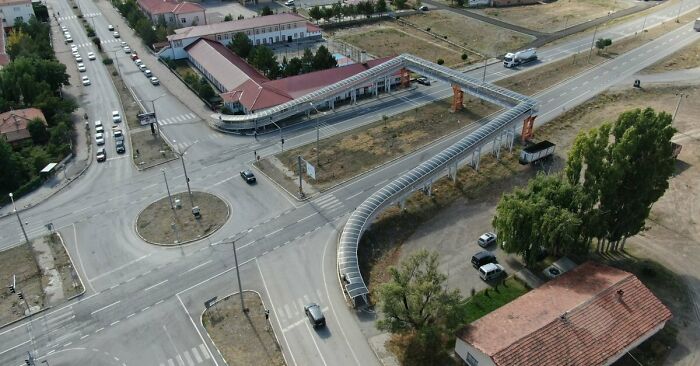
![I Really Wish This One Specific Bit Of Scaffolding Didn't Have A Samsung Advert [barcelona, 2022] I Really Wish This One Specific Bit Of Scaffolding Didn't Have A Samsung Advert [barcelona, 2022]](https://www.boredpanda.com/blog/wp-content/uploads/2022/11/637252ed6dd9e_wrckccjvhgs91-png__700.jpg)
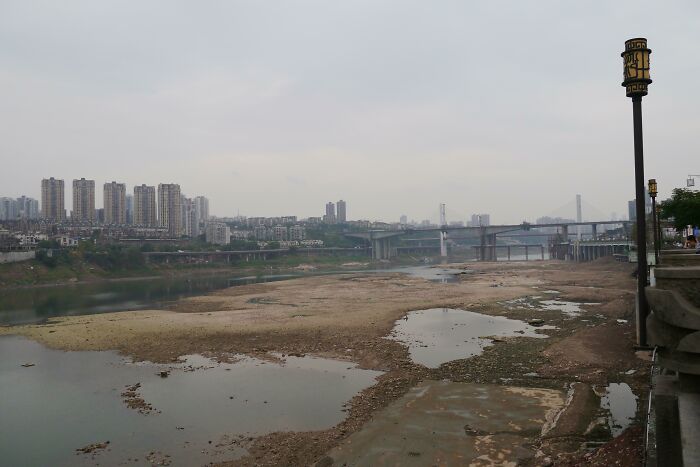
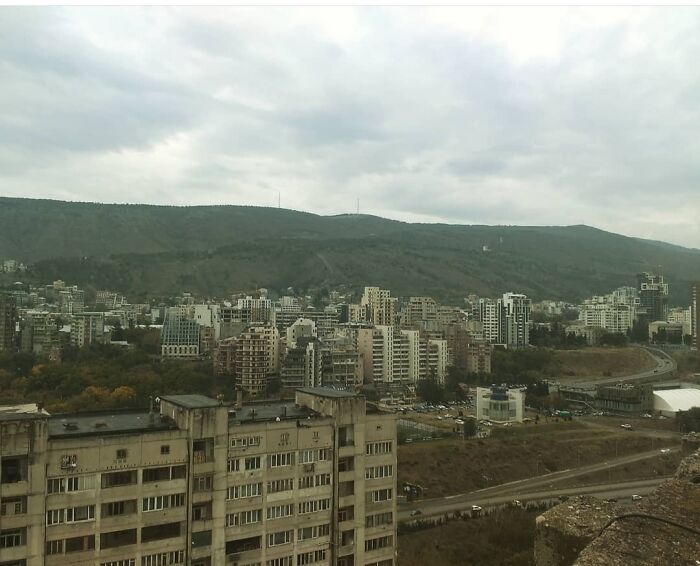




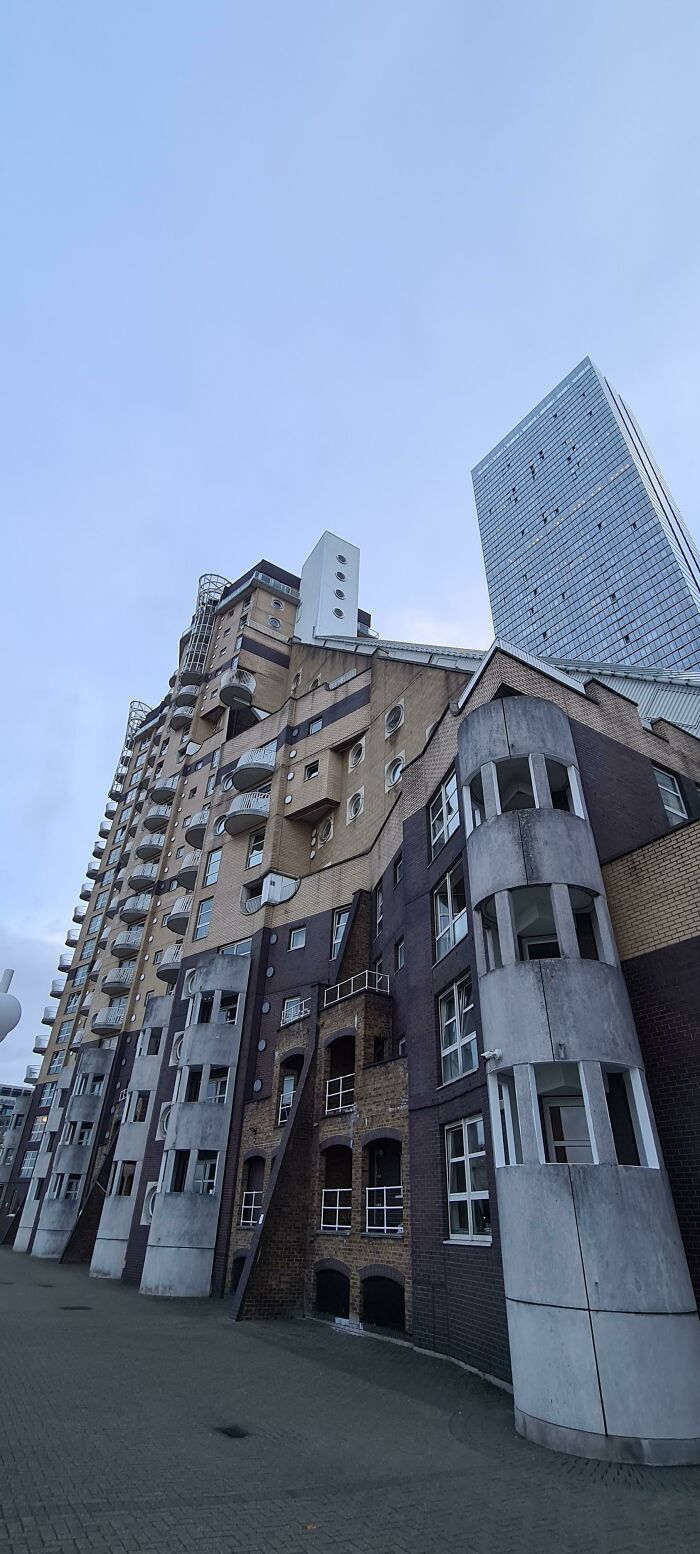
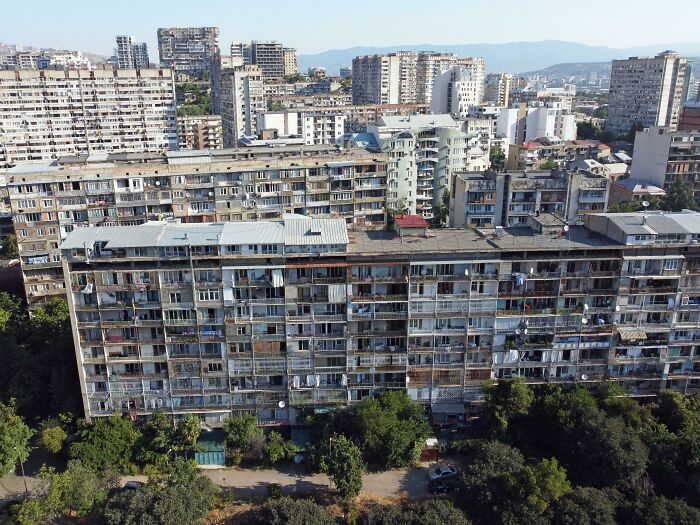
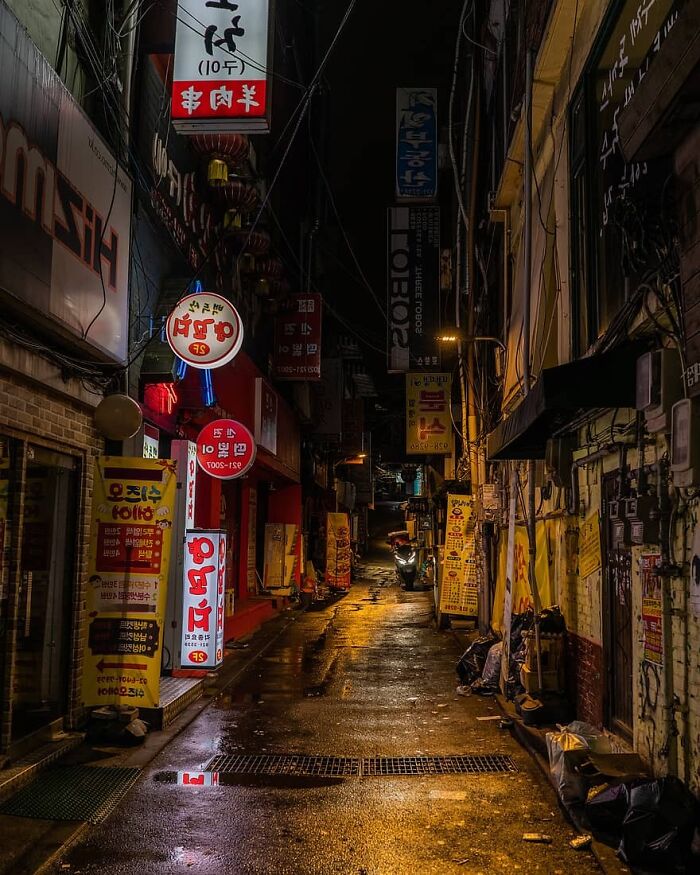
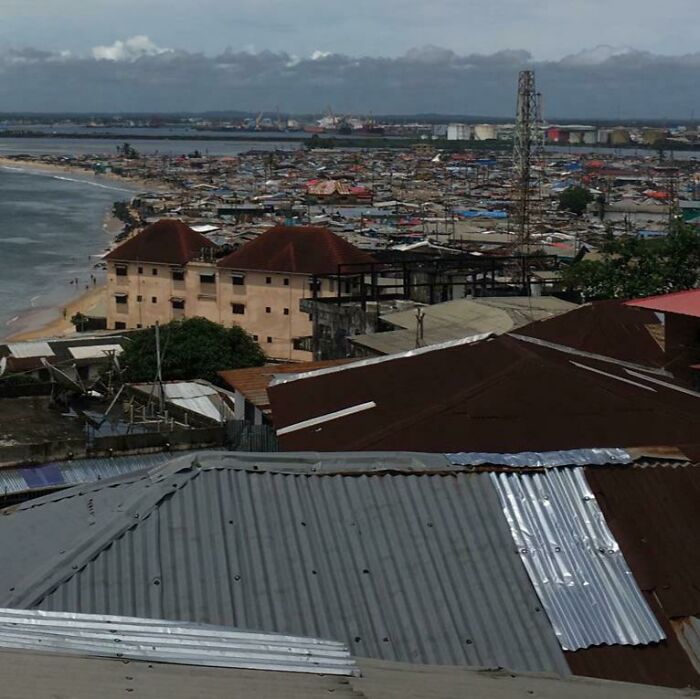
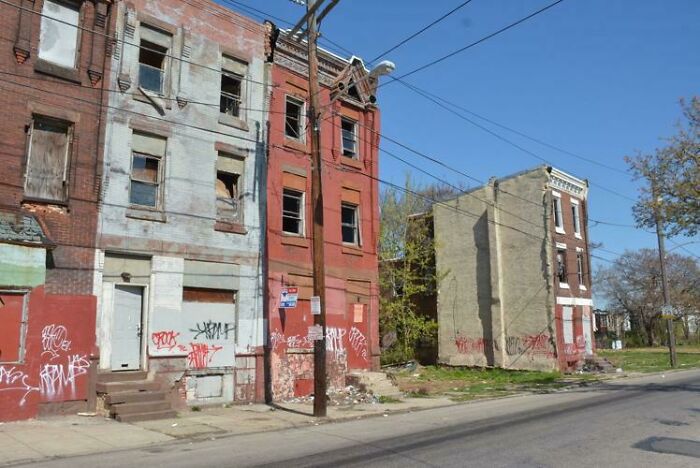
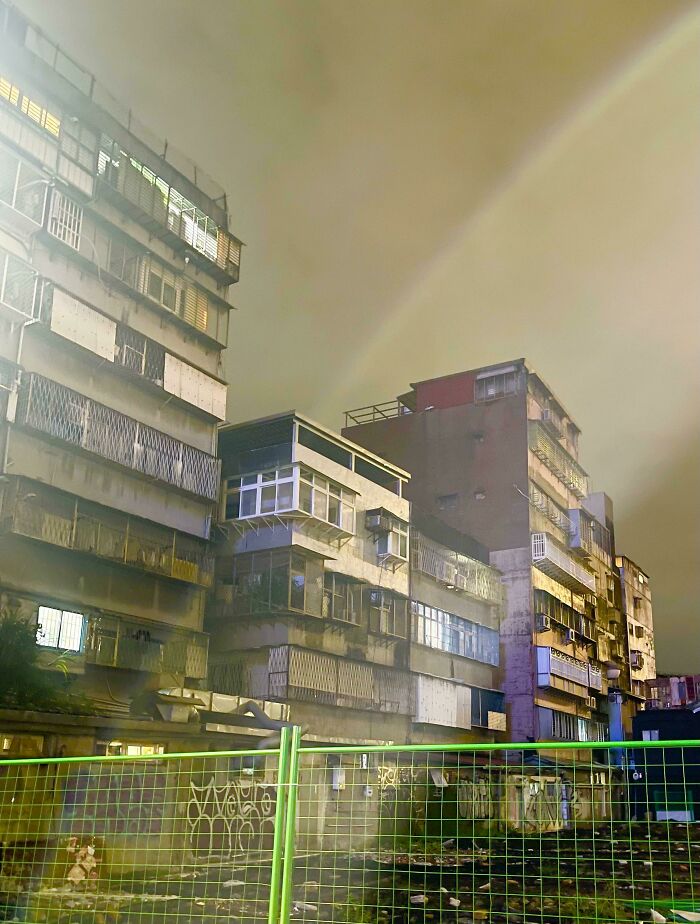
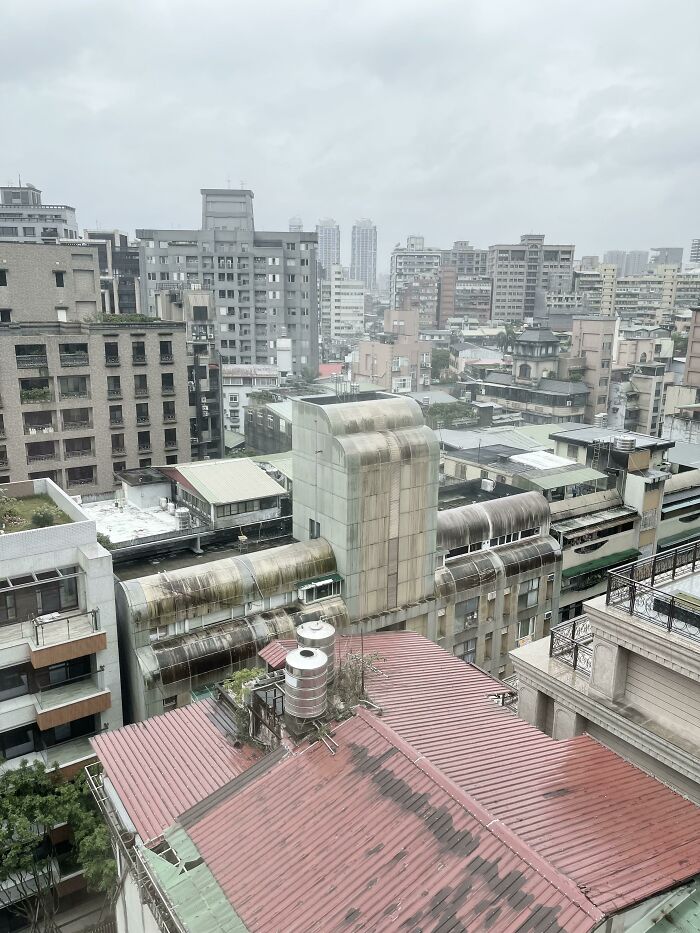




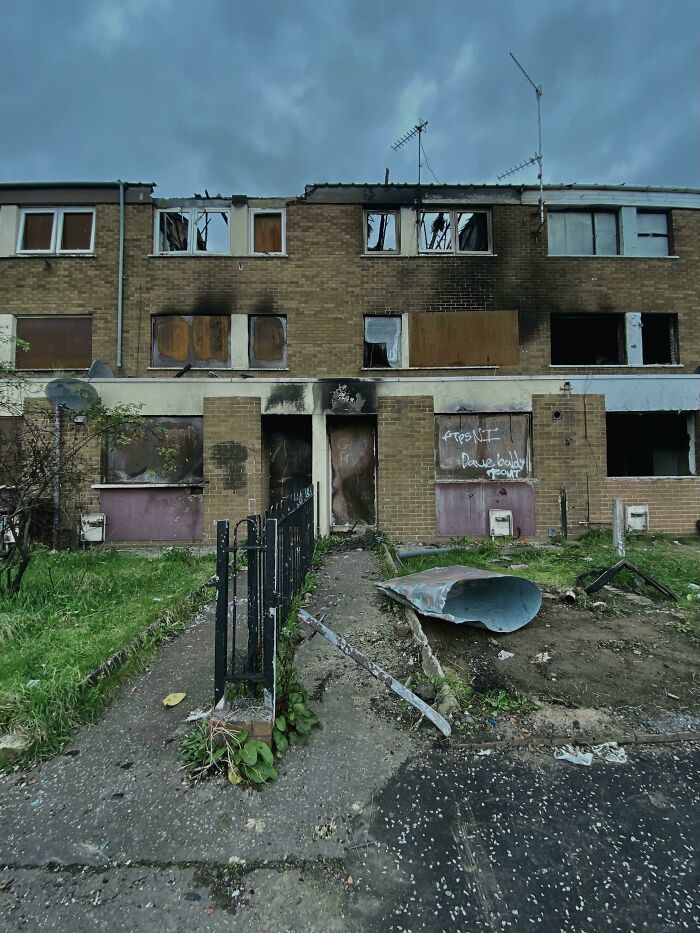
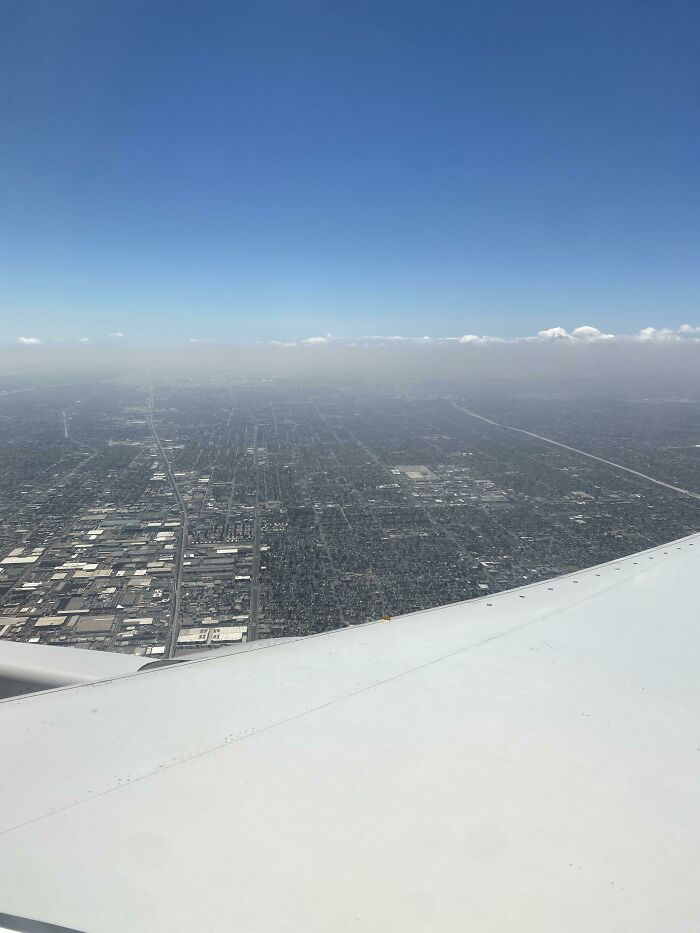
![[chihuahua, Mexico] Help, It's Spreading To Our Country (Is This Suburban Or Urban Hell, Or Rather Fuck Cars Material?) [chihuahua, Mexico] Help, It's Spreading To Our Country (Is This Suburban Or Urban Hell, Or Rather Fuck Cars Material?)](https://www.boredpanda.com/blog/wp-content/uploads/2022/11/637255373b4c2_sxyv1xj6ean91__700.jpg)
